Life in Vana'diel: 19 years in, Final Fantasy 11 is still an MMO unlike any other
Longtime Final Fantasy 11 columnist James Mielke looks back at the MMO's 19 year history, and talks to its developers about where it goes next.
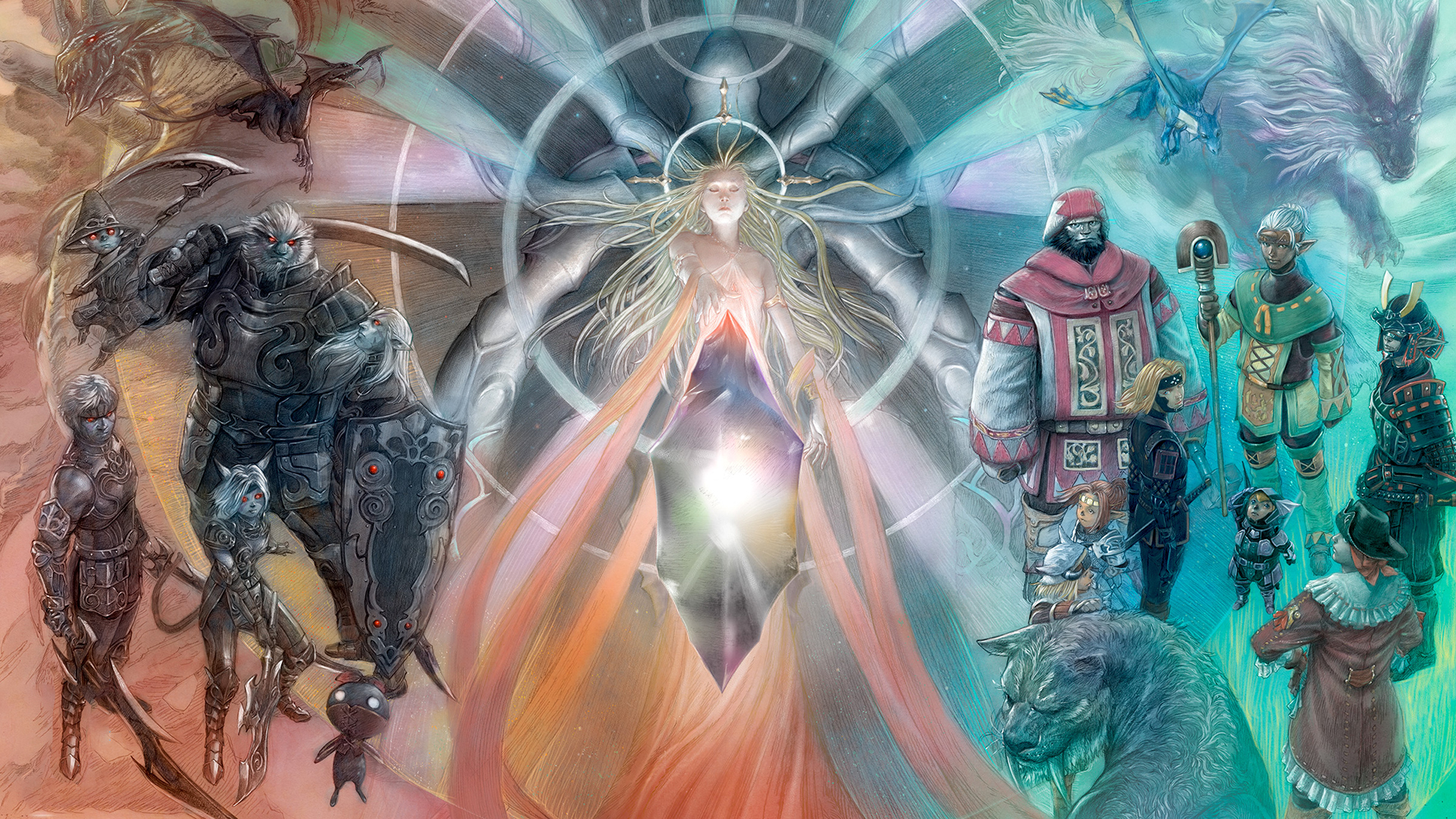
Final Fantasy 11 was tough as nails. The version we can play in 2021 is accommodating, the end result of nearly two decades of quality of life improvements. But the early days were no joke. Every death would take a huge chunk of your experience—sometimes enough to de-level you and leave you naked, suddenly outleveled by your equipment. The difficulty galvanized the community, though, this subscription-based trial by fire. Suffering through a game is one thing, but suffering through it together with a tight-knit group of friends is an entirely different experience.
Like hobbits huddling around a campfire having survived a brush with death, these things bond you to those who can relate.
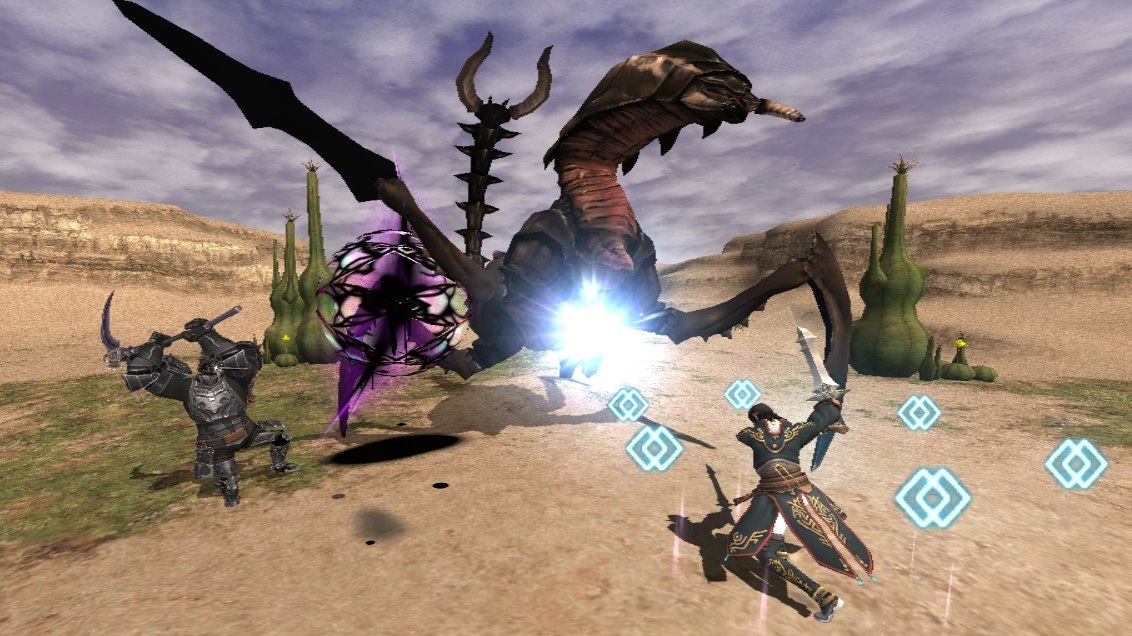
The development team are caretakers, satisfying the hardcore fans who stick around. Someday it will be their job to shut the game down.
Final Fantasy 11 has always been a special MMO: Well-balanced despite its difficulty, possessed of considerable depth, rewarding to master. Veterans proudly display their hard-earned gear, while newcomers look on with envy and strategize how to get good enough to obtain the same swag. Thousands of players wouldn't still be forking over an antiquated monthly fee in an era of free-to-play games otherwise. But there’s a difference between a good game and a generous one, and FF11 was never particularly generous, especially when it first launched in 2002.
Back then it was downright stingy.
It’s funny the difference nearly 20 years of refinements (and more user-friendly competition like World of Warcraft) make, though. The FF11 I'm playing today is a much more generous version of the one I started nearly half a lifetime ago. It's a difference producer Akihiko Matsui and director Yoji Fujito understand well and can talk about at length—their relationship with the games goes back even further than mine. Rather than trying to reinvent itself or remain a shrine to its younger self, Final Fantasy 11 has done something unique among MMOs: it's aged with its players, slowly reshaping itself to offer new adventures alongside nostalgia.
"One of the major factors that affected FF11 from its release to now was FF14," Matsui said. "FF11 was released as Square’s first MMORPG and we were trying to get people interested in this new genre we were exploring. After FF14’s release as the latest MMORPG in Square Enix’s roster at the time, we wanted to focus on people who still wanted to play an old-school MMORPG with FF11, and see what we could do to cater to that crowd."
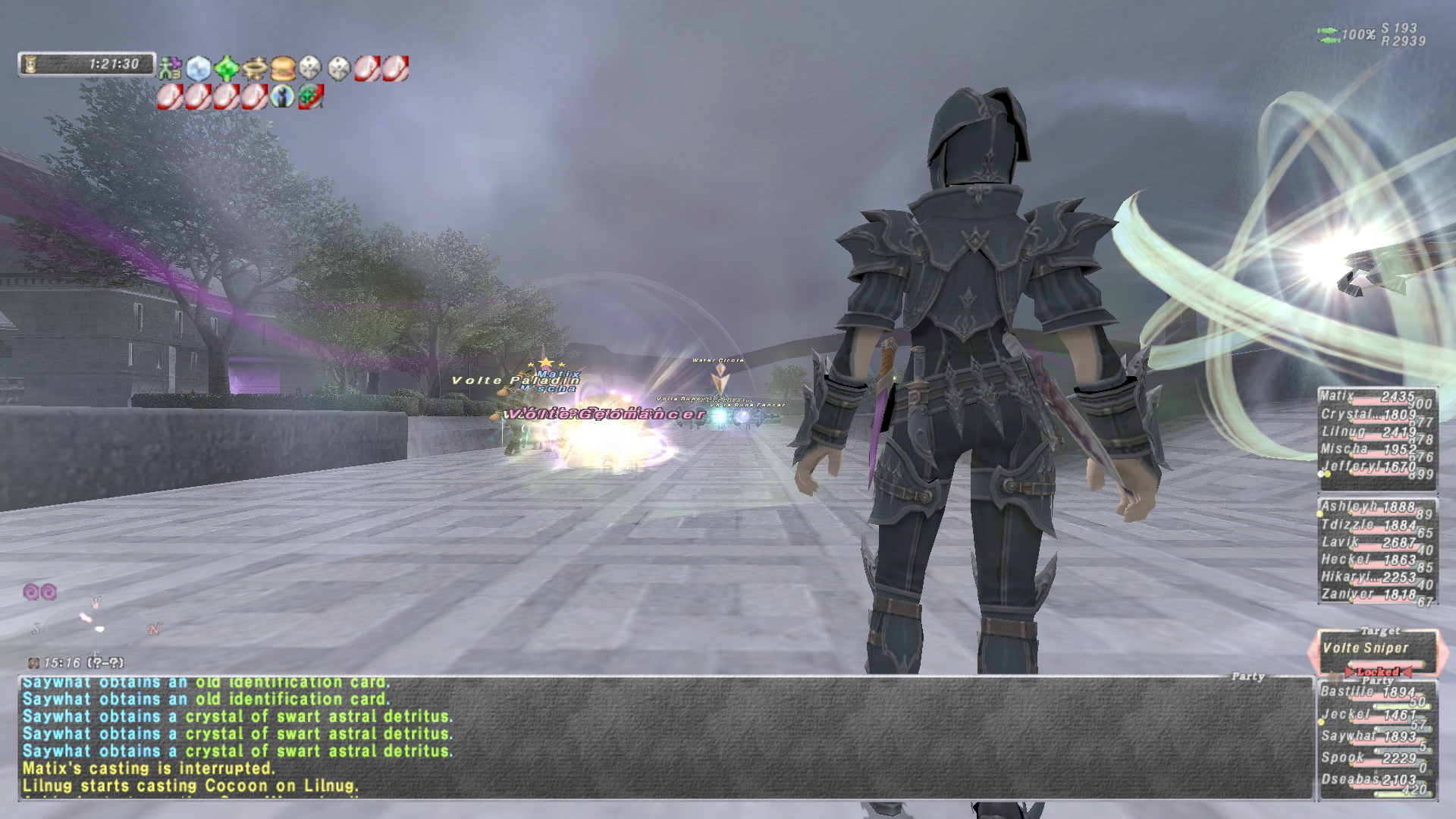
I played Final Fantasy 11 for a full decade before walking away. But to celebrate its 19th anniversary with a retrospective that would do it justice, I decided I had to play it again. To see how the game had transformed: what had stayed the same, and what was still annoying. The expansions that once felt so new and exciting now feel retro and distant. The crowds (typically around the game’s auction houses) are diminished, and the framerate is smooth without hundreds of players idling in the same spot. At this point in FF11’s lifespan, Square Enix could probably get by with just keeping the servers running.
The biggest gaming news, reviews and hardware deals
Keep up to date with the most important stories and the best deals, as picked by the PC Gamer team.
Yet they still maintain a dedicated team to continually balance the game. FF11 isn't growing. It's abandoned consoles altogether. A planned smartphone version was canceled. The development team are caretakers, satisfying the hardcore fans who stick around. Someday it will be their job to shut the game down. But that time won't come this month, or this year. They can't quit now: the 20th anniversary is just 12 months away.
First steps
Hunter's Prelude
FF11 was likely most players' first Japanese online game after Sega's user-friendly Phantasy Star Online. By comparison to PSO, it was like signing up for MMO boot camp: FF11 threw players headfirst into loads of systems, menus, and game mechanics we’d never experienced before as Final Fantasy fans. The usual series tropes of character classes like White and Black mages were present, but beyond each class’s iconic abilities, it was a whole new open world.
Even playing the game at the time was demanding. On PlayStation 2 you needed an add-on hard drive and a network adapter. On PC you needed a capable graphics card, not a cheap proposition in 2002. The learning curve was steeper still. I started my FF11 career with the Japanese PC version, which preceded the North American release by a full year. I was impatient to fill the void left by PSO and didn’t really care for the Western aesthetics of EverQuest. I needed FF11 to satiate my cravings for an online action-RPG.
After spending hours setting up my Japanese PlayOnline account, my initial entry into Final Fantasy 11 smacked me down hard. At the time I didn't know how to read Japanese, so I didn’t realize that I could check each individual mob’s difficulty before engaging with it. I was running out into the starter area of West Ronfaure smacking every orc I encountered, getting wrecked, and home-pointing back to my Mog House in Southern San d’Oria.
This happened a lot.
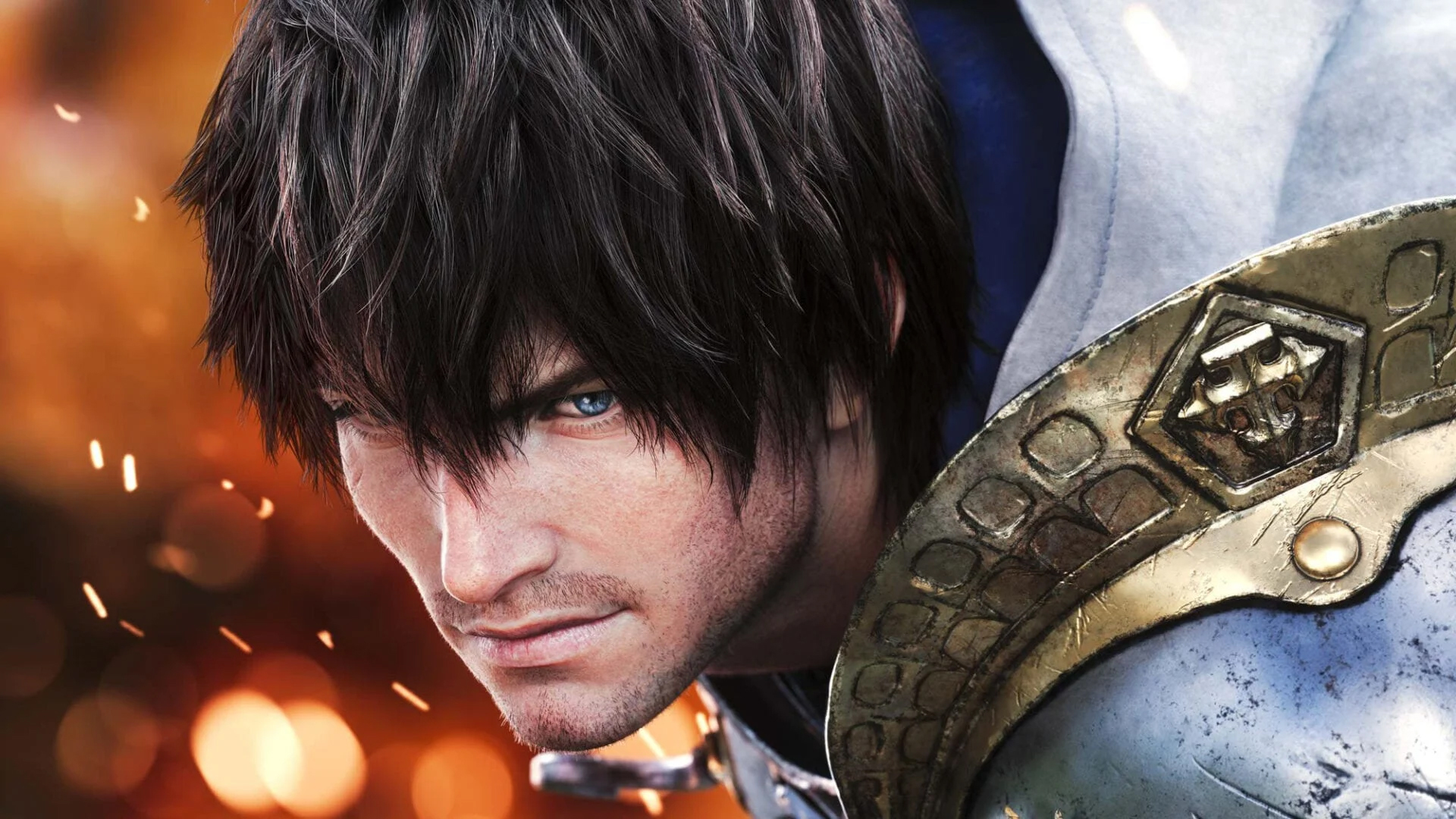
If you're itching for a Final Fantasy MMO to play that isn't 19 years old, Final Fantasy 14 has been our choice for best MMO a few years in a row. Though it isn't as complex as FF11, FF14 is gorgeous, fun, and tells a shockingly emotional story. Check out our review of its latest expansion, Shadowbringers, to find out more.
The game can’t be this hard, I thought to myself. Rabbits, beetles, crabs all took turns murdering me in the wild. PSO this was not. I was bewildered by the game’s slow, deliberate pace.
And by my character constantly whiffing attacks (the lowest dexterity class—elvaans—on the lowest character level using the worst gear is a terrible combination).
And by the endlessly cascading menu options. If you grew up playing Final Fantasy games, your menu memory for attacks, items, and spells was basically useless here. Every menu had a menu which had a menu.
Over time this menu gauntlet revealed itself to be quite powerful in terms of customizing the game to my liking. Editing macros was really impressive at the time. It felt like low-level programming, letting me assign actions as shortcuts to hotkeys or controller shoulder buttons, complete with text announcements. The more I played, the more the once-impenetrable wall of options became clearer. It was like deciphering the Matrix.
Even so, breaking through the UI was but the first step. Whenever I speak with my former FF11 linkshell (read: clan) members, all I have to do is utter the words “Chains of Promathia” and I can feel the shudders across the Internet. Vanilla FF11 was tough, but its second expansion took ages to beat. Was it because it was substantial, or was it just because the dev team knee-capped the player base to keep them busy longer? Looking back, I think it was a little bit of both.

COP was hands down the best expansion. The sheer volume of areas/mobs/strategies that we all had to learn made it incredibly challenging at the time, which was a lot of fun. You couldn't just walk up and whack and stack them like much of the previous content allowed. It forced us to clean up a lot of slop that we were used to. And the final battlefield was mesmerizing. —Shadechaos from Seraph/Bismarck
The early days of FF11
Looking for Group
FF11 emerged at a time when wikis and fansites were much less formalized, formatted, and user-friendly than they are now. These days everything has been datamined and documented. Not so back then. Much of what we knew was based entirely on hearsay, and a lot of the info we got was plain wrong. I remember one dude telling us that if we “rubbed against the walls” while running around Castle Zvahl Baileys that we would aggro the entire zone’s mobs. Sure, we aggroed the zone—but not because we rubbed against any wall. In 2002, even something as basic as enemy aggro had to be puzzled out.
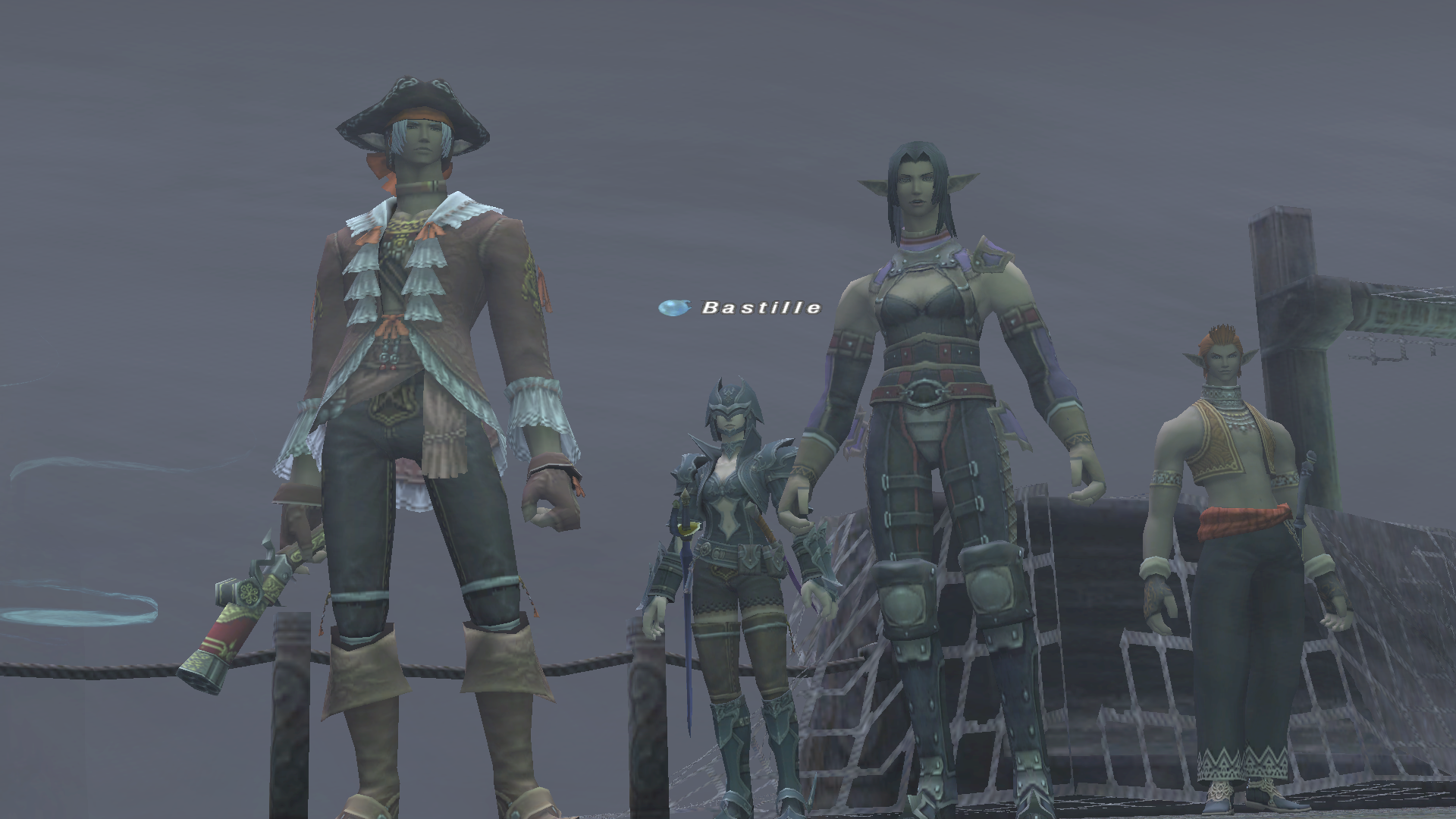
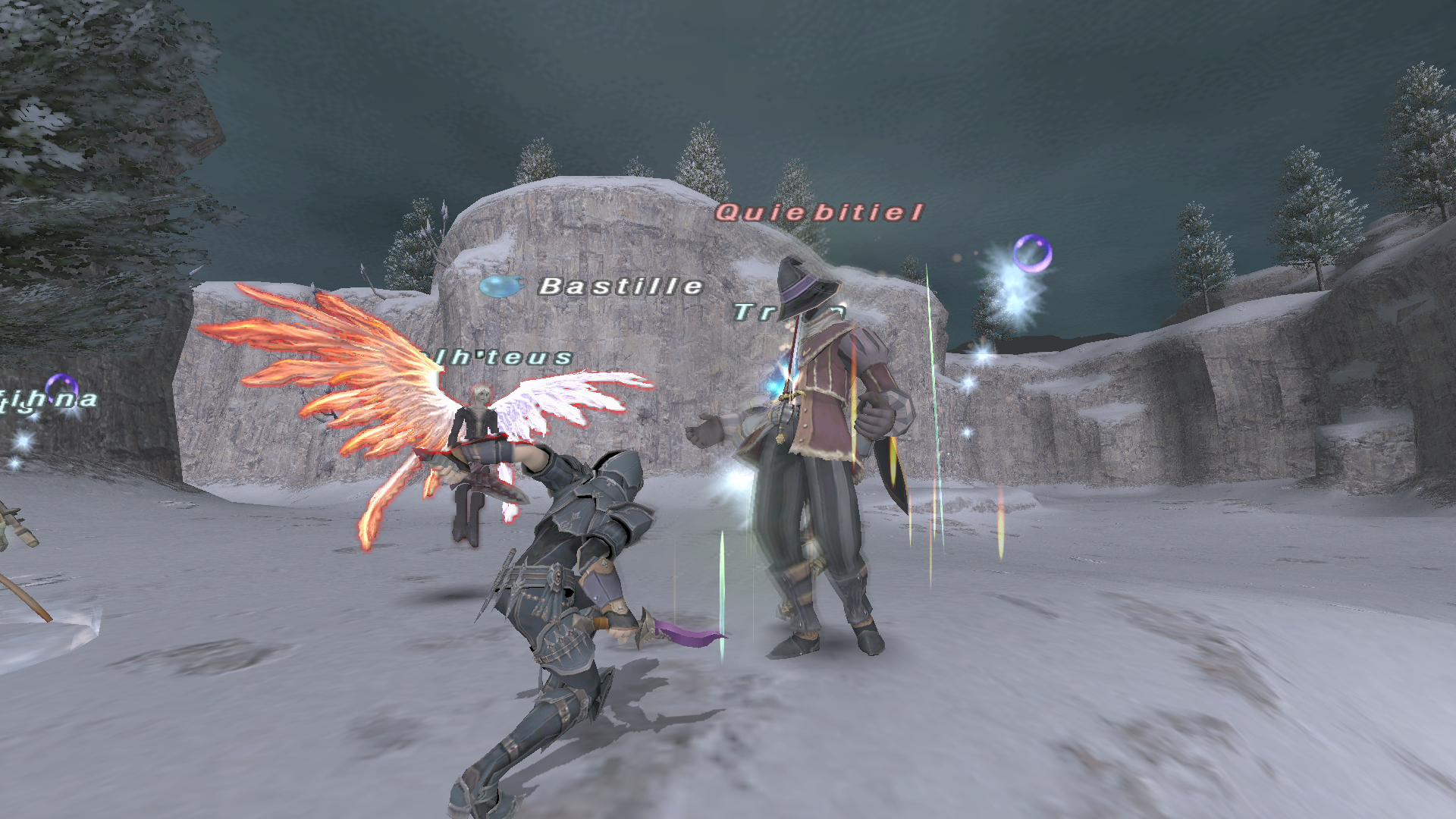
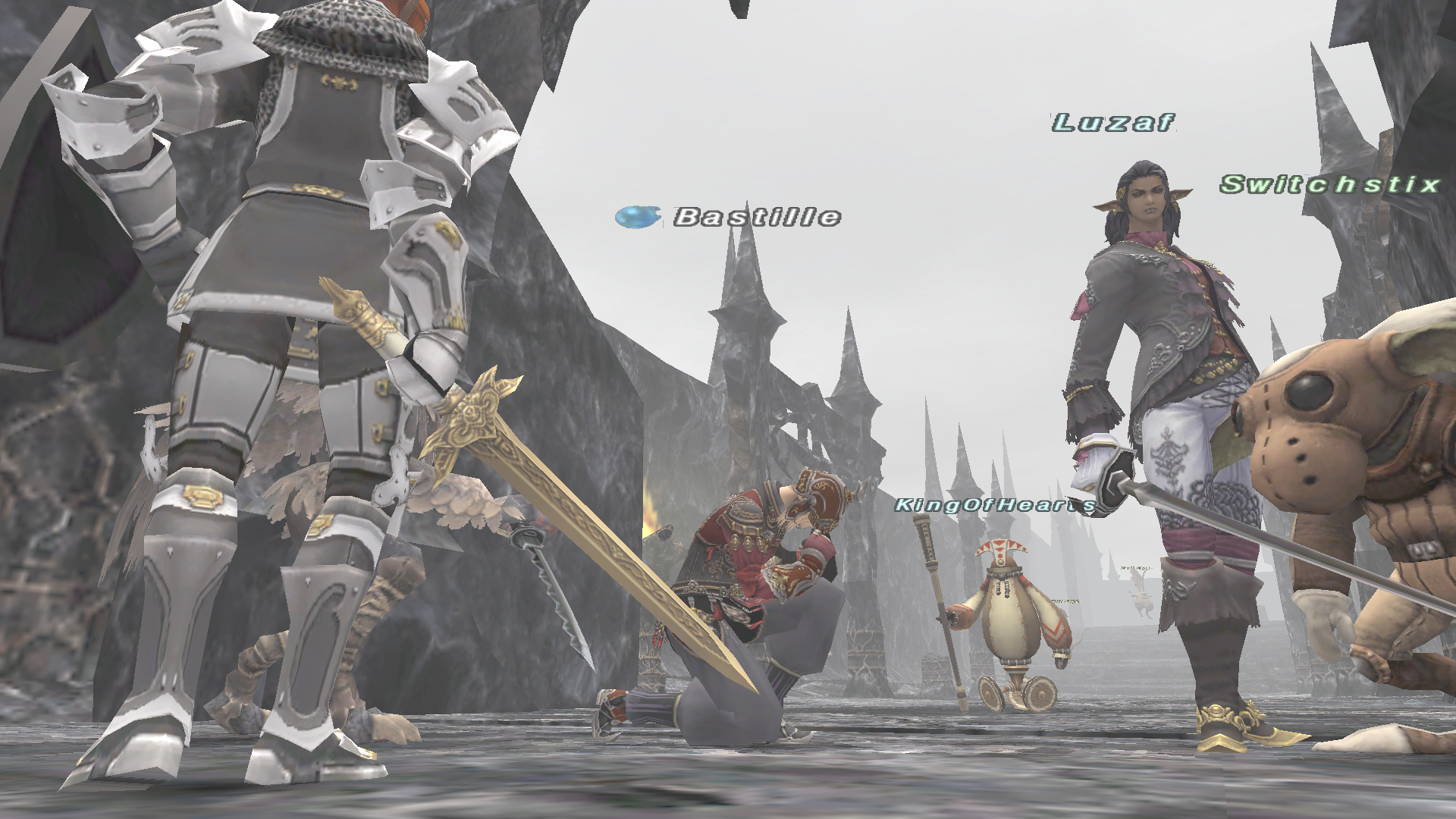
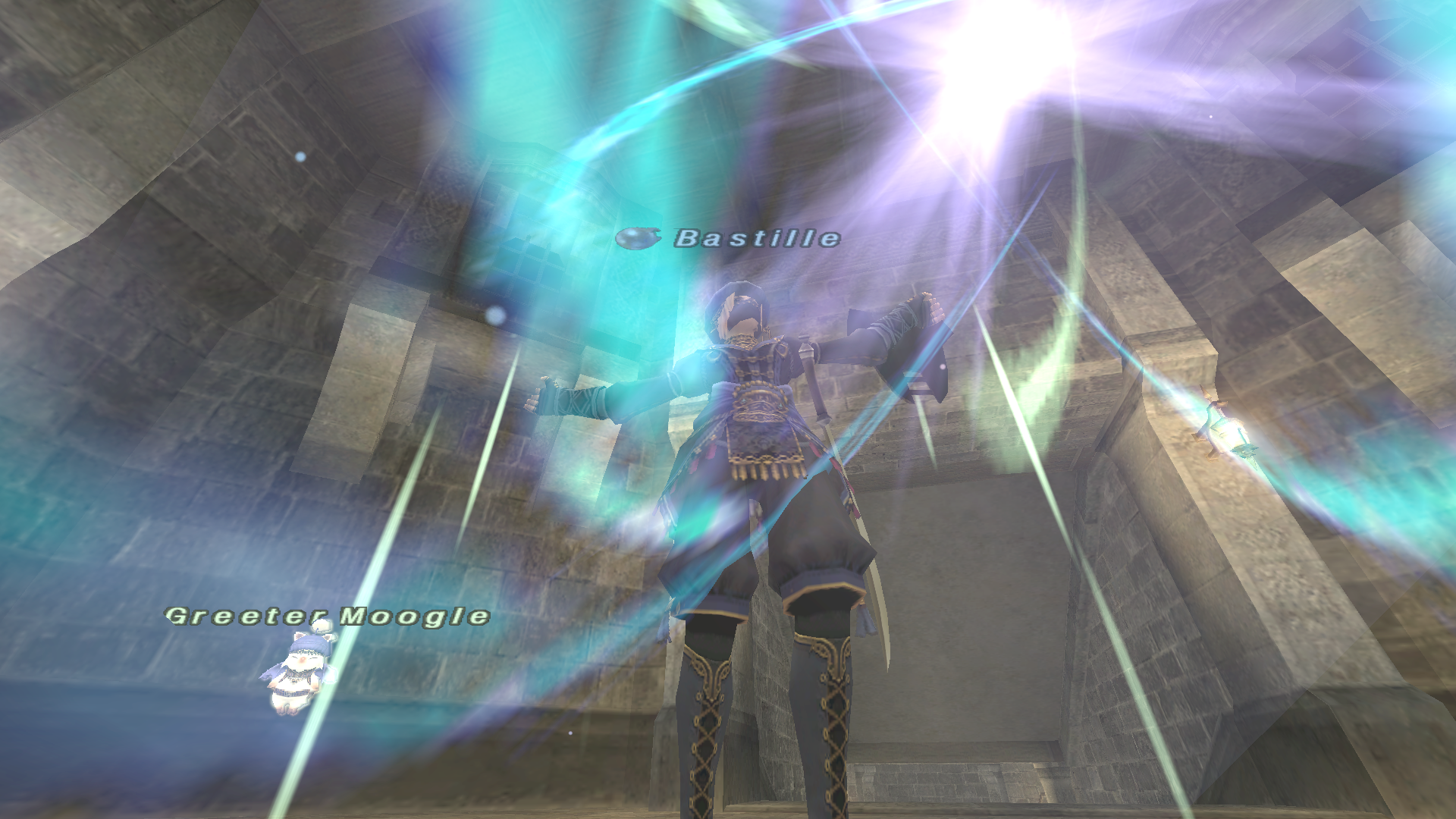
If we were lucky we’d party up with some friends who’d actually survived a dungeon or quest or NM (notorious monster, aka a boss-type enemy) who would graciously run through it with us, or at least give us the intel necessary to survive. When we were extra lucky they’d show us the ropes personally, helping my linkshell and I through, for example, the extensive quest prerequisites necessary to enter the Shiva Prime summoner battle. Defeating her allowed us to add her to our growing selection of summonable avatars. If you didn’t know how to prepare for her inevitable use of the ice-based super move Diamond Dust, you could literally waste hours of preparation time in one ill-prepared attempt.

I remember getting lost in Castle Oztroja back when I was a level 35 White Mage trying to do the Magicite mission. It was a disaster until I did a mentor search and looked up this awesome 75 Dark Knight. He came out and shepherded my group through the mission, not just the Castle but he offered [to help with] the other two zones, too. FF11 was never just a game, it was a way to make bonds. Almost every one of my best memories isn't just from some fight, but it's the people I did it with. — Drakelth from Bismarck

Nowadays players rarely touch these parts of FF11 or multiplayer PvE and PvP activities that offer underpowered and antiquated quest rewards compared to current endgame loot.
Fujito gets to the core of this: “With any content that was implemented up to the most recent content—Assault and things like that—of course players zoom through it nowadays; the reason being that there aren’t many people [participating]. Of course there are people who lapsed and came back in return, but it is set up now that leveling can go up pretty quickly, and we try to avoid having content in the older part of the game where you have to form a party and spend many hours on that content or put in a lot of time and effort.”
It's a bit of a shame to see so much of FF11 collect dust. But it's also inspired the developers to be creative. Since the dev team didn't want players to have to solo content that usually requires a full group, they created the 'Trust' system, essentially unique NPC allies that you can summon at-will to form a party with.
"This is the kind of adjustment we’ve been making, because a lot of the past content gives you gear as rewards, and of course with it being old content, the gear is weak," Fujito explains. "There are people who like the visual aspect of it and collect it for glamour [Editor’s note: ‘Glamour’ is FF11’s system that lets you change equipment appearance], but it’s not something you can easily utilize. Rather than making people get stuck in that content and grind for it, we would rather have them use it as a stepping stone and move on so they can catch up to the people playing the game [actively] so they can socialize and be up-to-date on the content."
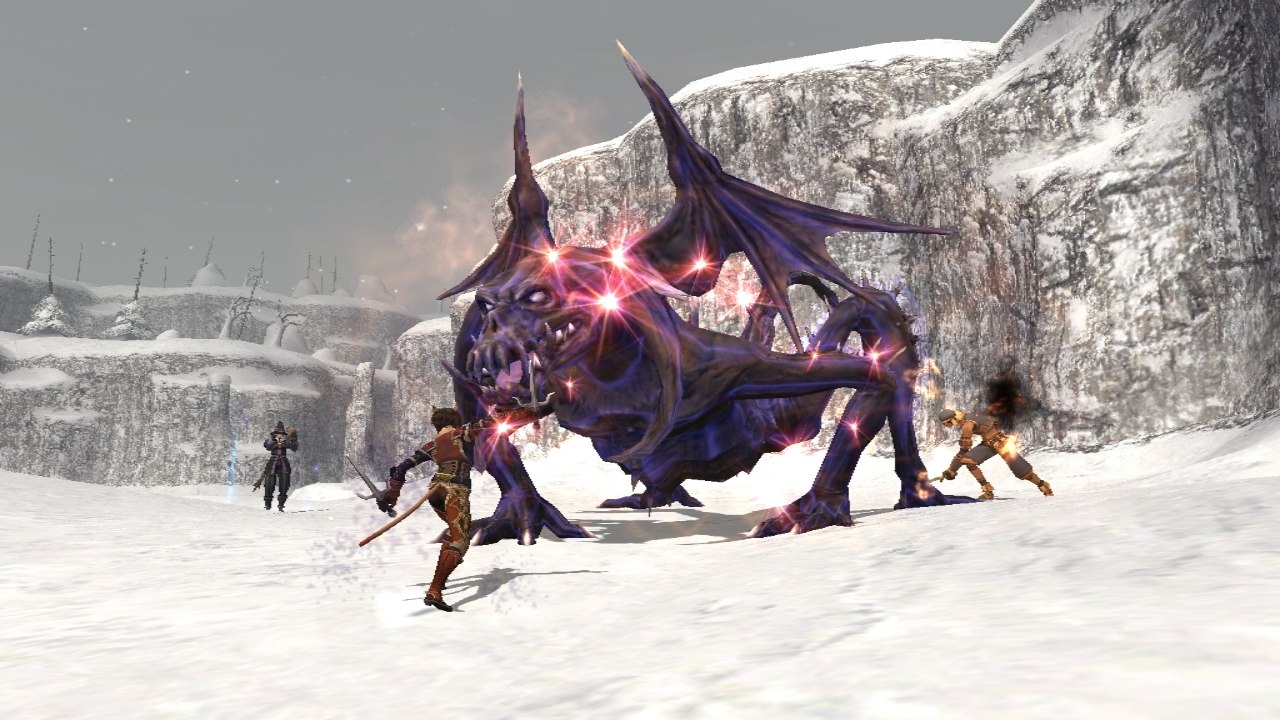
PlayOnline seems like madness now, but it's easy to forget how little of the modern infrastructure felt figured out in 2002. Gmail was still two years away.
There was a time when FF11 fully embraced the grind. Chains of Promathia added quests and missions that were frustratingly opaque. New areas would cap your level, requiring very specific armor. New enemies aggroed in new ways to magic, sound, sight, and even True Sight (enemies could see you even with invisibility on), thus requiring players to carry stacks of expensive consumables to safely navigate the world.
I really felt like the developers were trying to keep that monthly fee going. It sometimes felt like an abusive relationship. Who remembers camping timed spawns to earn certain gear with abysmal drop rates? But we kept coming back for more, because when we survived and came out on the other end, we had war stories to reminisce about together.
Over the years members of my linkshell The Roundabouts discussed with increasing frustration that the development team didn’t seem to respect its players’ time. Subsequent expansions often shipped with little content baked in, to be fleshed out over time via sizable patches and maintenance downtime, with only the most opaque and shallow fetch-quests occupying the disc space. This was before all of the current QoL improvements, too. There were few fast travel options, running speed was slower, and chocobos couldn’t be used in all areas. So getting around was a tremendous chore. We often had to hire white mages to teleport us (for a fee, usually) to far flung locations to save us a half-hour here and there.
One annoying CoP mission required me to run to one of the most remote locations in the game—taking around an actual half an hour—just to click a spot in the middle of an empty field, get a key item and text message, and then I was off again to another spot in another far off place to do the same thing.
Actually, this wasn’t a specific mission or quest. It was almost every quest.
Other competing MMOs and their easy skill-ups, gratifying character progress, and perhaps most importantly, ease of entry, started to look awfully good. Anyone who’s played FF11 understands the tedious barrier to entry that is the PlayOnline wrapper, which was then Squaresoft’s all-in-one Internet solution including an email client(!), the ability to take and send screenshots, and Tetra Master (FF11’s optional card game). It was designed as a one-stop shop to stimulate and accommodate the community, but it was quickly outpaced by the internet’s evolution.
Games like World of Warcraft and Guild Wars simply required you to enter your log-in and password, select a character, and that was it. FF11 made you enter multiple user/account names and passwords, requiring you to read the same rote disclaimers every time you logged in. PlayOnline seems like madness now, but it's easy to forget how little of the modern infrastructure felt figured out in 2002. Gmail was still two years away.
"The FF11 team was thinking 'So how do we get this MMO running on a PS2 and have that element of being able to connect to each other on this platform?'" Fujito said. "That’s when our team leaders would try to think of ways to establish those connections, and felt that it would be a good idea to have our own system for players to utilize and be able to execute on the PS2 console. That’s why we were led to create this PlayOnline platform, with FF11 being a part of it. If we were to redo it now… trying to create something like that in modern times would be pointless."

I have a particularly strong memory of just the first time getting to play: Hours of difficult setup, an unreliable internet connection, very few notions of English, but eventually I landed in Bastok Mines by the Alchemy guild. I remember my dad was helping me set up and we tried together to figure out how to move (he's not into video games so he was just watching without being very involved). Eventually I got the movement down and after turning the first corner saw this player standing in the middle of one of the alleys in that area. I had never played an MMO before and wasn't 100% sure this was a person but went near and said “hello” next to them. The eruption of joy when, after 20 sec, they simply typed back “hey” is something I'll never forget. — LynxJesus
The PS2 era ends
Limit Break
I spent eight years suffering through that arduous login using a media account Square had set up for me for my GMR magazine column My Life In Vana’diel. When Square Enix later moved their player database over to a new backend system my character of eight years could not, for mysterious technical reasons, be converted to a normal subscription. My account vanished.
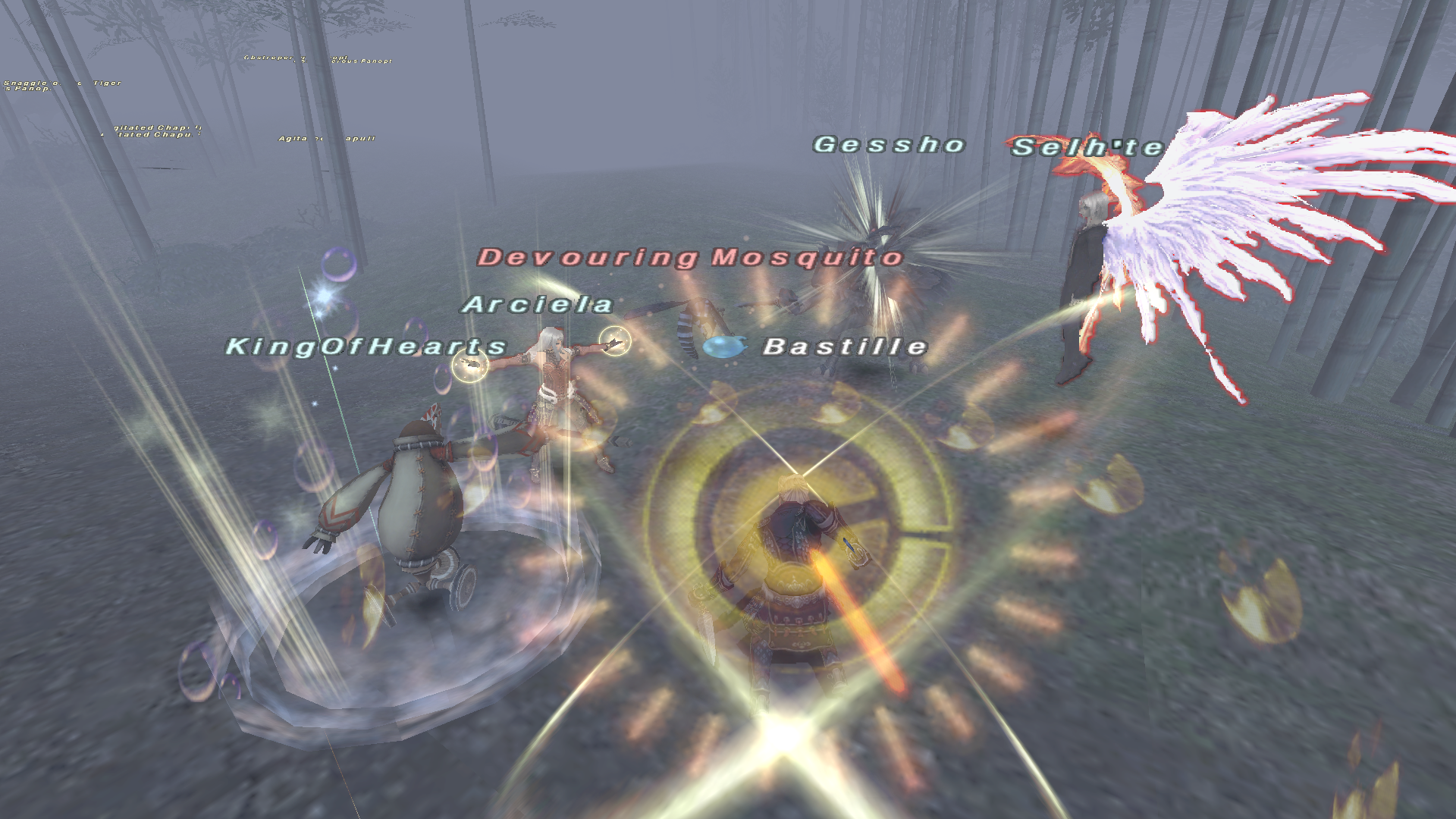
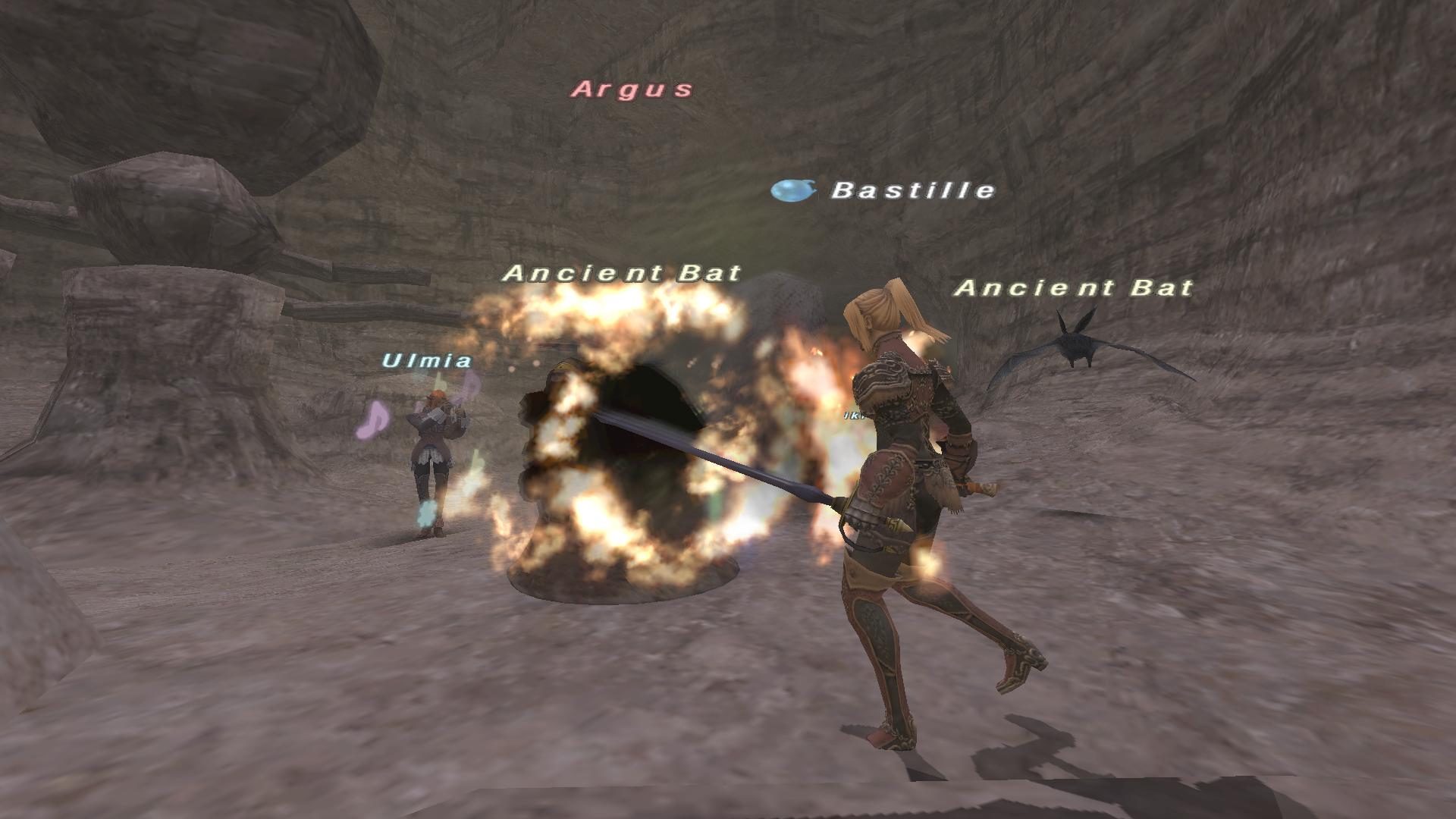
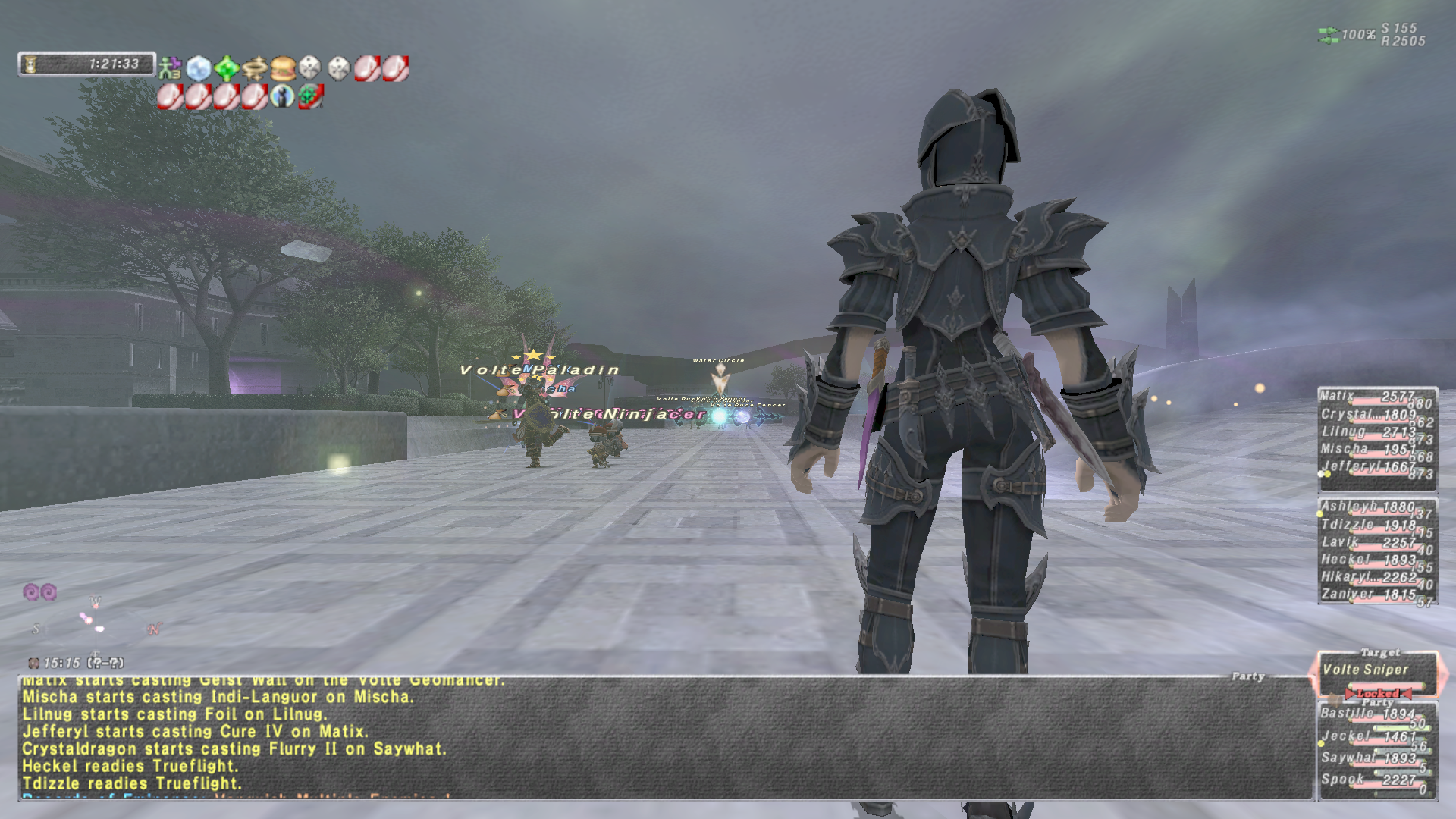
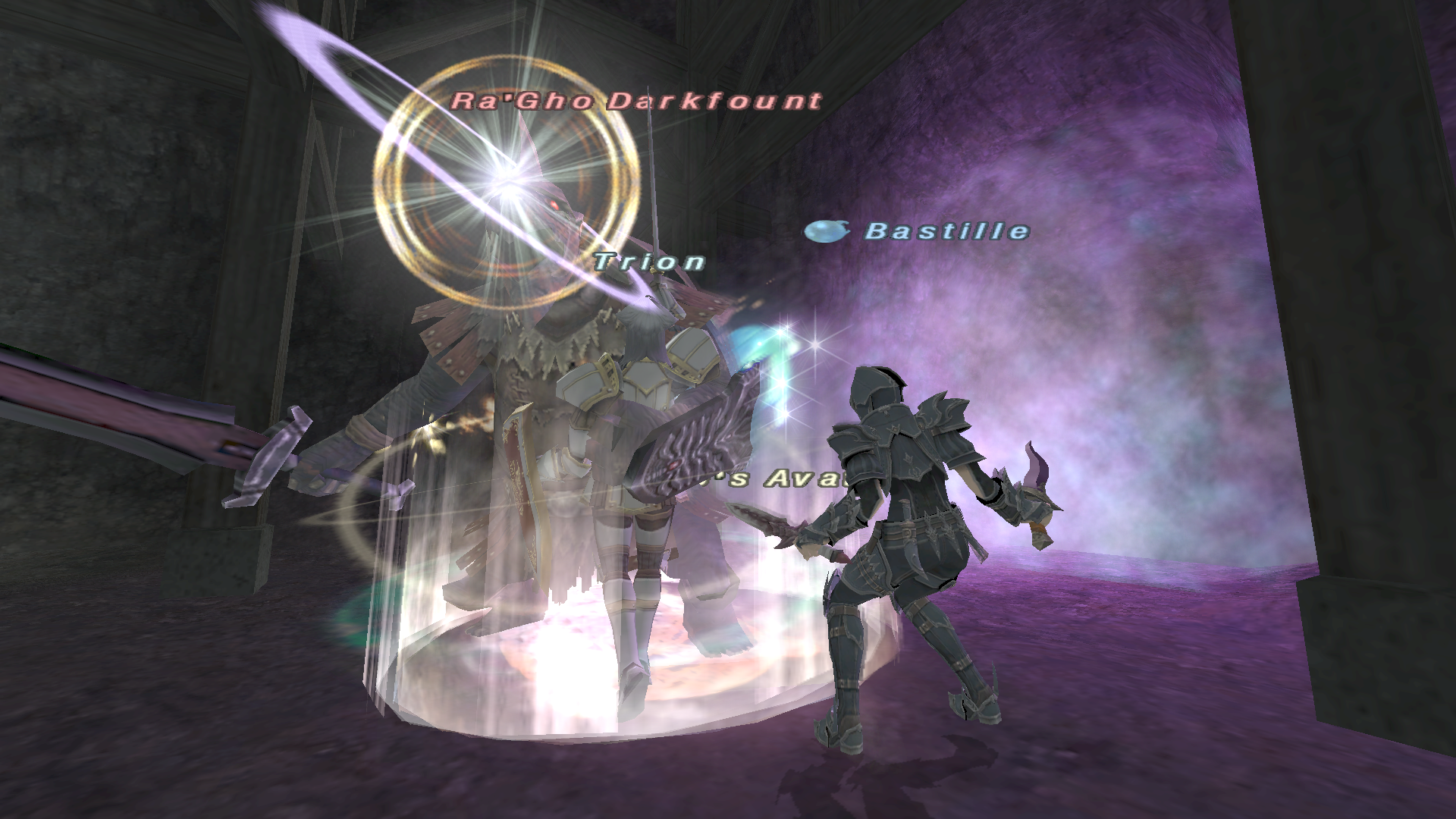
Losing my character ‘Gyogi’ was bittersweet, because everything I’d experienced in FF11 was found in her stats, her hard-earned gear, and her reputation, which first appeared in print magazines and continued in my column online. Eventually I was the only editor on a non-FF11-focused gaming magazine or website that was still regularly covering the game. At one point Square Enix PR even asked me to DJ a couple of their fan festivals in San Francisco and Santa Monica.
I remember being at Square Enix HQ in Tokyo—probably around Tokyo Game Show—when the game’s then-producer, Final Fantasy veteran Hiromichi Tanaka, first showed me FF11 running on an Xbox 360, prior to that version’s release. I asked if I could take direct feed of the game or off-screen footage of what we were seeing. A Square rep jumped up from her perch, making the traditional, dramatic Japanese “X” sign with her arms for 'NO.' I laughed, because I was asking to record a video of a female elvaan in starter gear, simply standing in front of the Southern San d’Oria auction house. The game was over four years old by this point, and this was one of the basic introductory areas. There were no secrets to be revealed, no technical issues to ruin anticipation, no spoilers. It simply would have been cool for FF11 players to see the game running on an actual Xbox 360.
It became too difficult to extend the life of the game on the PS2. So we did eventually have to make that decision to leave that system behind.
Yoji Fujito
But having later worked at Square Enix for a time myself (for the short-lived cloud-based gaming initiative Shinra Technologies), I fully understand its conservative PR approach. Even as ludicrous a ‘secret’ as this Xbox 360 build was, it wasn’t ready for prime time. Now that we’re 19 years past prime time, though, and swiftly approaching the game’s second decade of existence, Square Enix has mellowed; the dev team is humbler and less concerned with rivals like WoW and Guild Wars. Fujito and Matsui were frank in reassessing FF11’s transformation, even when that required them to admit the game’s failings.
Few games can claim FF11's longevity, especially considering its monthly fee. Final Fantasy 11 (like FF14) soldiers on, charging around $15 a month. It costs money to sustain an environment like this, and it’s too late to shift the business model to a cosmetics-based system like Fortnite. What’s really amazing is that there are still enough players to keep it going.
When Square Enix shut down the console versions of FF11 in 2016, that seemed like it would be the beginning of the end. But in reality that was a relief for the developers, freeing them to ramp up the visual quality of the monster designs, armor and weapon variety, and overall game graphics.
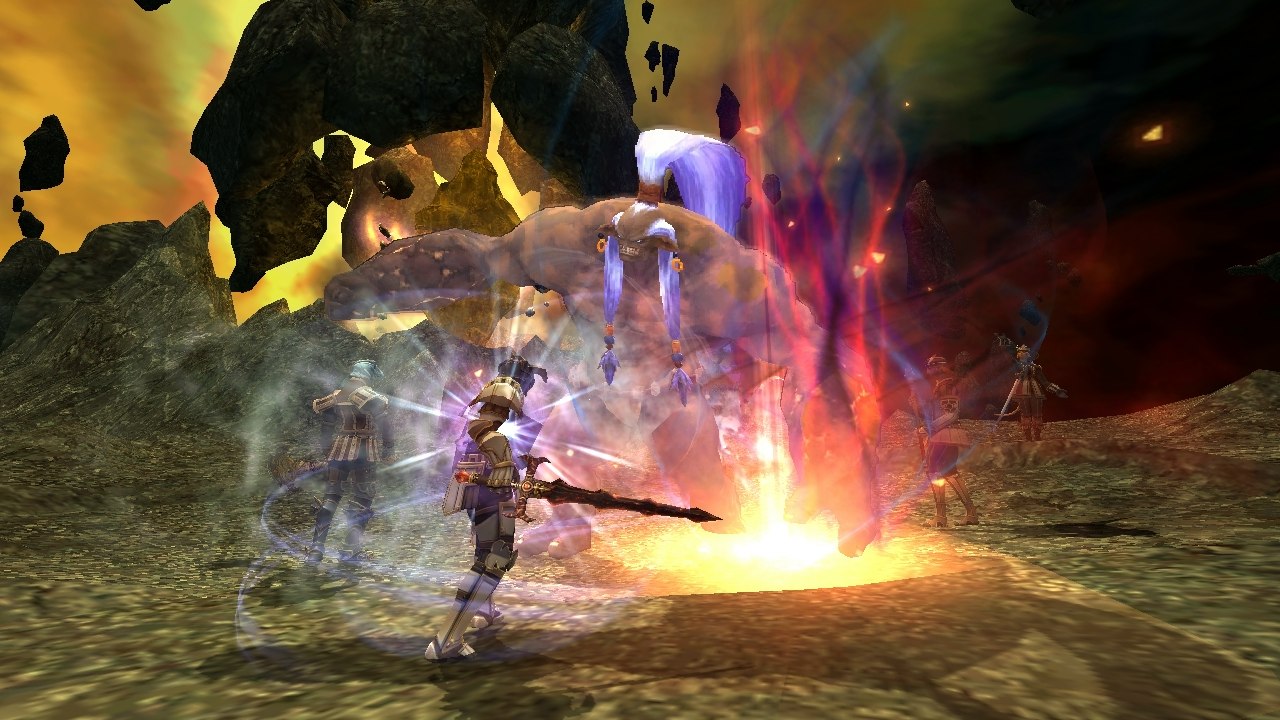
"Up to the Seekers of Adoulin expansion, we had the game available on both PS2 and Xbox 360, and… there were frequent reports of people getting dropped out, weapon skills freezing up the screen, and game-crashing issues that would happen," Fujito says. "It was a problem on the development team’s side. We were also seeing fewer and fewer game developers making games for the PlayStation 2, so much so that I believe Seekers of Adoulin was one of the last releases for the PlayStation 2 in the world. That’s how long we tried to keep it going on PS2… but sooner or later it became too difficult to extend the life of the game on the PS2. So we did eventually have to make that decision to leave that system behind."
The developers did the same with the Xbox 360, refocusing their efforts on Windows. Final Fantasy 11 couldn't be completely reborn—it was, after all, originally built for the PS2—but one of the biggest limitations from the console hardware, memory, was no longer an issue.
“I think both cases of people dropping out or continuing on Windows were true," Fujito said of the transition. "Of course, there were many players who preferred to play on console, and sunsetting the console versions may have triggered some people to lapse out, that is an undeniable fact. That being said, it’s not like we were losing players all the time. We just feel it was a milestone at that point, and maybe some people took that as a sign to pause their playing of FF11.”
It wasn’t just ending support for those two consoles in 2016 that may have caused some players to leave. That transition was actually timed to coincide with a narrative arc reaching its conclusion. “We did sunset the two console platforms, of course, but we did have a narrative ending, so to speak, with the Rhapsodies of Vana’diel [Editor’s note: The final main scenario in FF11] and that became a sort of closure for our console players," Matsui said. That might have also been a factor in players deciding “FF11 is coming to an end.”

As the player base has dwindled, the devs have done an amazing job adapting the game to accommodate more solo play while still maintaining challenging group content. A lot of veteran players don't like how much easier things have gotten. In my experience however, as I've been playing catch up in recent weeks, it's not exactly easy. Yes, you can solo most content and it's not as gear or item intensive as before but, I still wouldn't call it easy. You can't just shut your brain off and walk through. — Voredor from Valefor

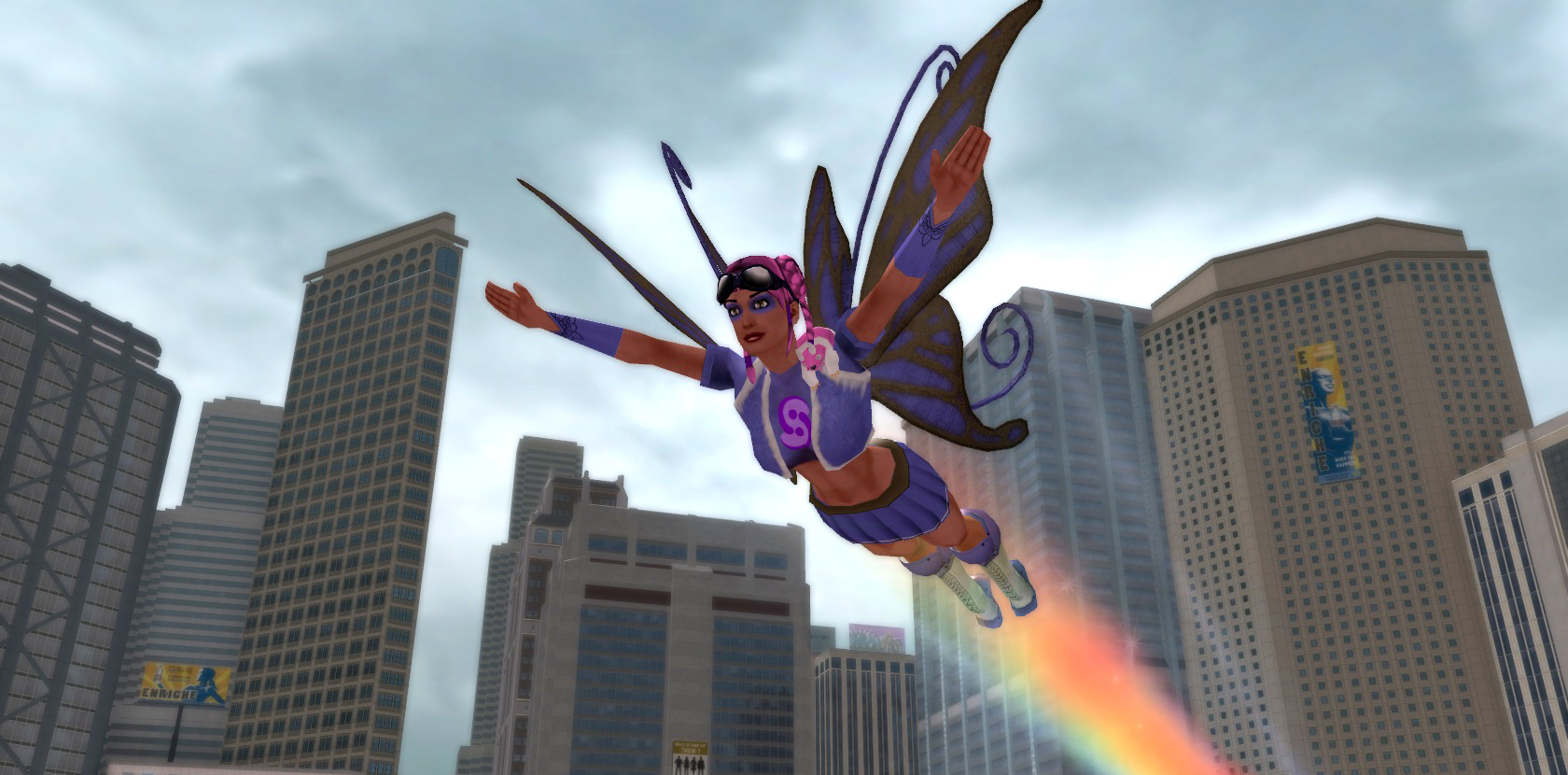
Even though official support for FF11 will one day end, most MMOs find a second life in small but fiercely loyal private servers. City of Heroes is one of the latest beloved old school MMOs that's been resurrected, but even extremely niche MMOs like Need for Speed: World are thriving thanks to private servers.
But Final Fantasy 11 didn't end. Amazingly for its age, FF11 still retains a certain elegance thanks to cohesive visual design, smart architectural decisions (stairs look like actual stairs unlike, say, World of Warcraft's spiraling ramps) and fluid character animations. In short, it has aged gracefully—no longer shackled by the limitations of the PlayStation 2—and subtly improved the complexity of the weapons, equipment, and the creature design and bosses. Deciphering how the game still manages to look respectable despite the ever-advancing march of technology isn’t as simple as one would think. Matsui credits the talented artists Square had in the early 2000s, when the team was juggling a number of big projects.
"Of course they were friendly with each other but they also had a friendly competition, a sense of rivalry almost. They would sharpen each others' skills, like 'I don’t want to lose to this person, I want to keep doing better,' and hone their skills along the way. I think the designers took a lot of time in putting the effort into the designs to try and get the quality raised as high as possible to the last minute."
Fujito added that color is critical to how Final Fantasy 11 can still look decent today, considering its PS2-era limitations. "In terms of surface textures, we do still have the restrictions of polygon counts, so we were always trying to innovate on how we show protrusions and different textures, how we address different details on these different models and try to see how we can innovate with different textures that we apply," he said. “That’s how we continue to approach the different design elements, and we think about the coloring of different gear and equipment that you see even now. With all that understanding, we finalize and render the models and that’s where we see 'Ah, this is definitely something from FF11.'"
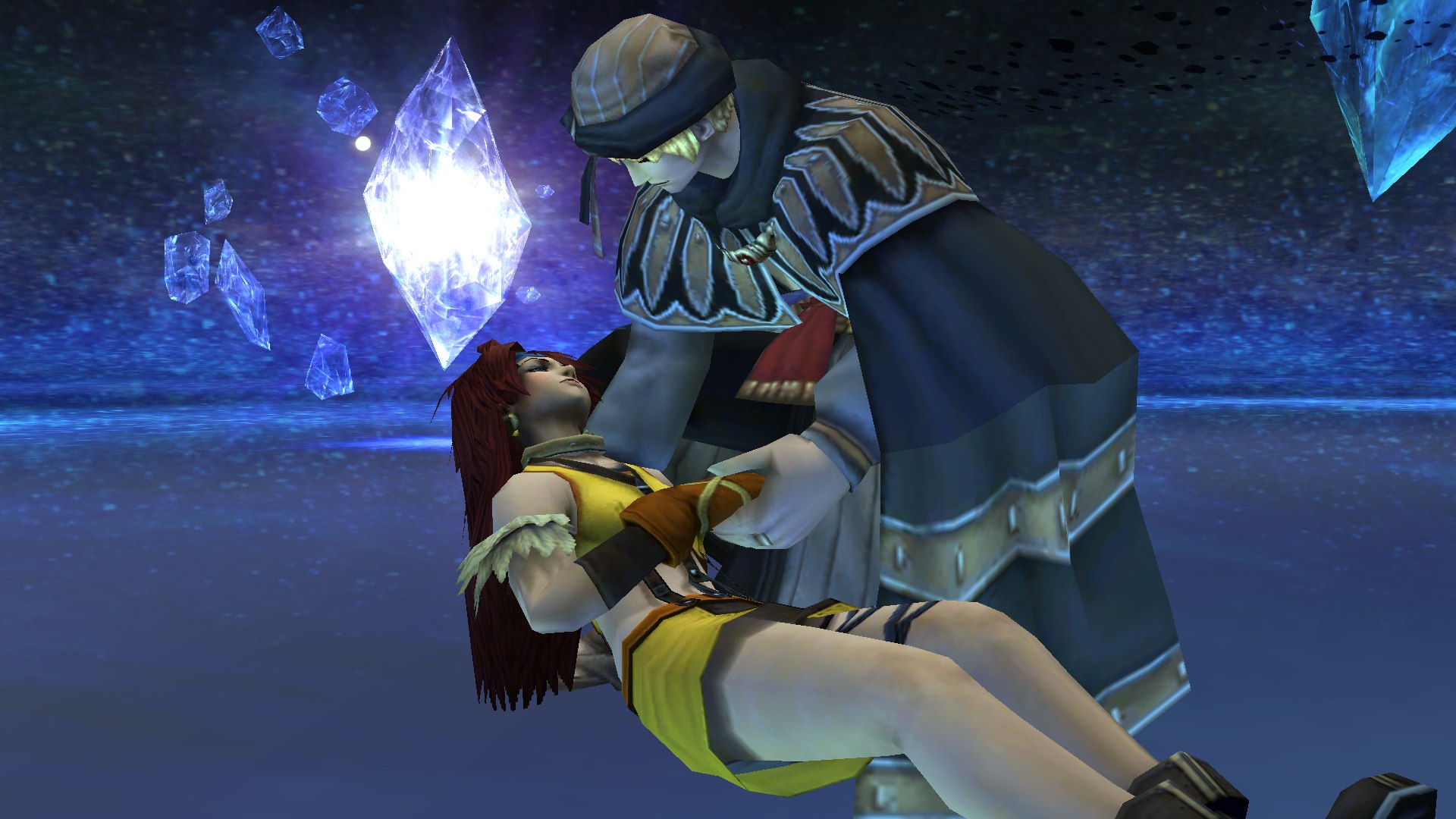
A story for the ages
Ohohohohoho!
The irony is that FF11 has the biggest Final Fantasy story to offer in the series' history and no one’s been able to sample it outside of the game’s closed environment.
As with FF14, one of FF11’s most heralded elements has always been its sprawling storyline. If I’m being honest, it’s always been hard for me to enjoy—the story is scattered across huge, time-consuming fetch quests over many years. I really need a Blu-ray that compiles all the cutscenes into a single movie or something, because the characters in FF11 talk a lot. Usually by the end of all the grinding I just wanted my quest rewards, because for me the pleasure was in the playing, not the reading (FF11 does not feature voice overs).
Meanwhile, some of my linkshell were perfectly happy watching NPCs jabber on for days, never skipping a cutscene, and it’s great that the story meant that much to some people. The irony is that FF11 has the biggest Final Fantasy story to offer in the series' history—with only FF14 coming close—and no one’s been able to sample it outside of the game’s closed environment.
Square Enix has typically ported every Final Fantasy game to any device that would run them. Surely, then, FF11 could be ported to something newer, right?
“To be completely frank, it’s whether or not it can be profitable, to be honest,” Matsui told me. The trouble is that even though a port would be feasible, maintaining the game on multiple platforms would require a larger team that's hard to justify. It seems like Final Fantasy 11 is largely still alive and being updated because it's a lean, efficient operation.
I wondered, too, if the developers had thought about adding entirely new features to the game to lure in younger players. What about a trendy mode like battle royale? Matsui said that while it’s something they considered, eventually they had to nix these types of ideas. "It would be a lie if we said we’re never tempted to incorporate these kinds of trends," he explains, "but when we consider how much time or resources it would take, we have to scrap the idea."

You might get a few testimonies from people about endgame, but I've always been in for the stories of the Final Fantasy game even Square Enix never seems to talk about, and they were worth it, although I wish they'd have made them simpler to experience earlier. — Loona from Leviathan

The fascinating thing about a game that's survived this long is that players have all but mastered every aspect: the boss battles, the narrative quests, the exceptionally deep crafting systems. And so their reasons for playing change. The once-popular EXP grinding areas are all but empty now (check the Crawler’s Nest if you don’t believe me). So the developers have changed with them, letting those earlier areas of the game fade into disuse while they focus on adding new gear and new challenges to the endgame.
We feel that we’ve been able to provide content that allows players to continue their adventures in FF11 and feel that they are still getting stronger and to keep that motivation going.
Yoji Fujito
The goal is no longer to maintain FF11 holistically, but to keep the road stretching out ahead of those who've stayed.
"We feel that we’ve been able to provide content that allows players to continue their adventures in FF11 and feel that they are still getting stronger and to keep that motivation going, to acquire more gear and engage in these formidable goals," said Fujito.
And the story, surprisingly, is continuing, despite the supposed end in 2016. "We realized that there were players out there who felt a lack of the story expanding, a lack of that sense of excitement and adventure. We did see a strong desire from the player base for story-driven content, and that’s when we introduced the Siren summon event, which had a pretty nice story attached to it. It was released in February 2020, and it was the first time in a long time that we had [content with] a significant story behind it. We got a lot of praise for that—a lot of players really enjoyed it, and some of the feedback we received was ''Yeah, we were waiting to do something like this.'"
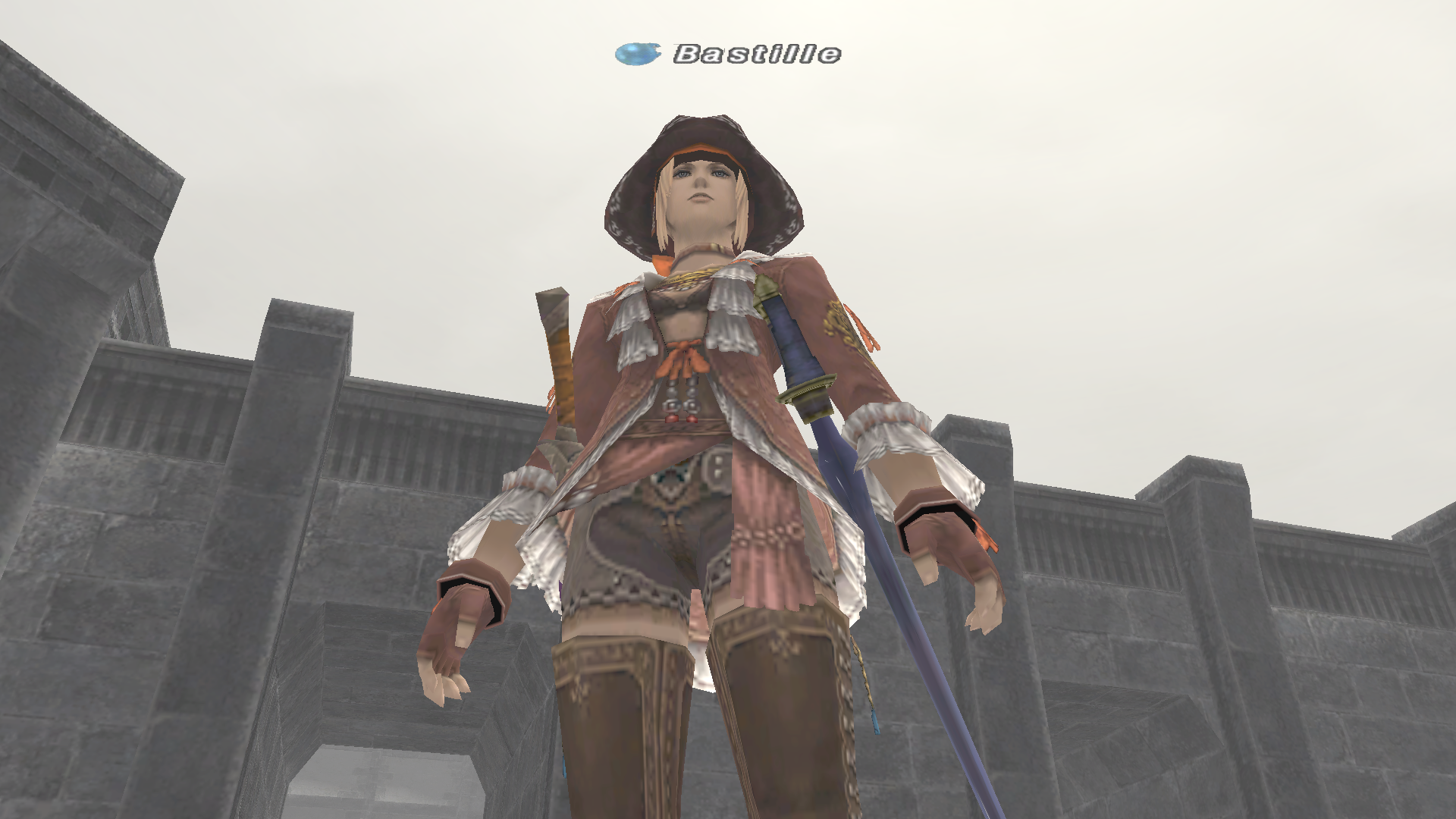
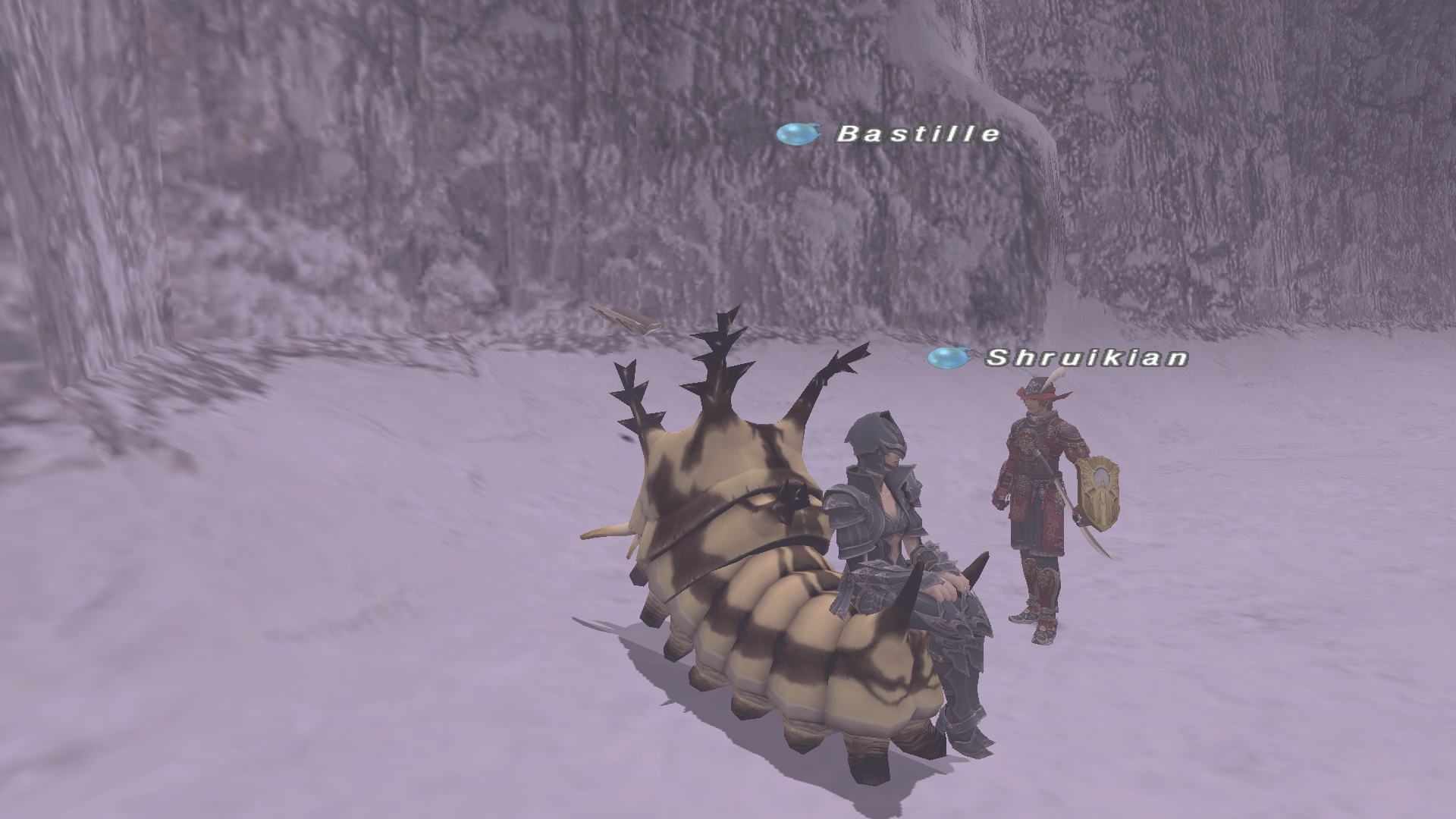
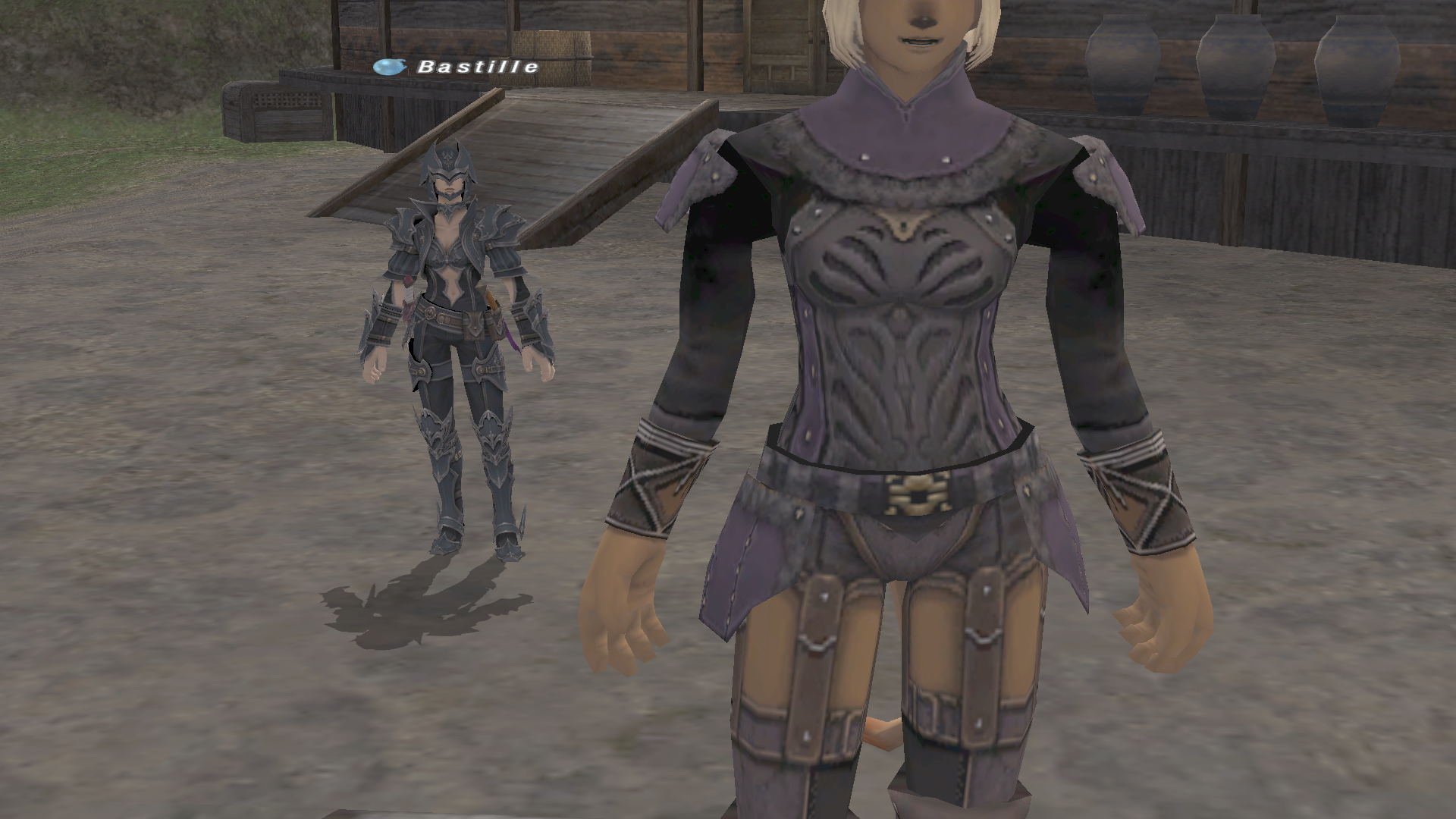
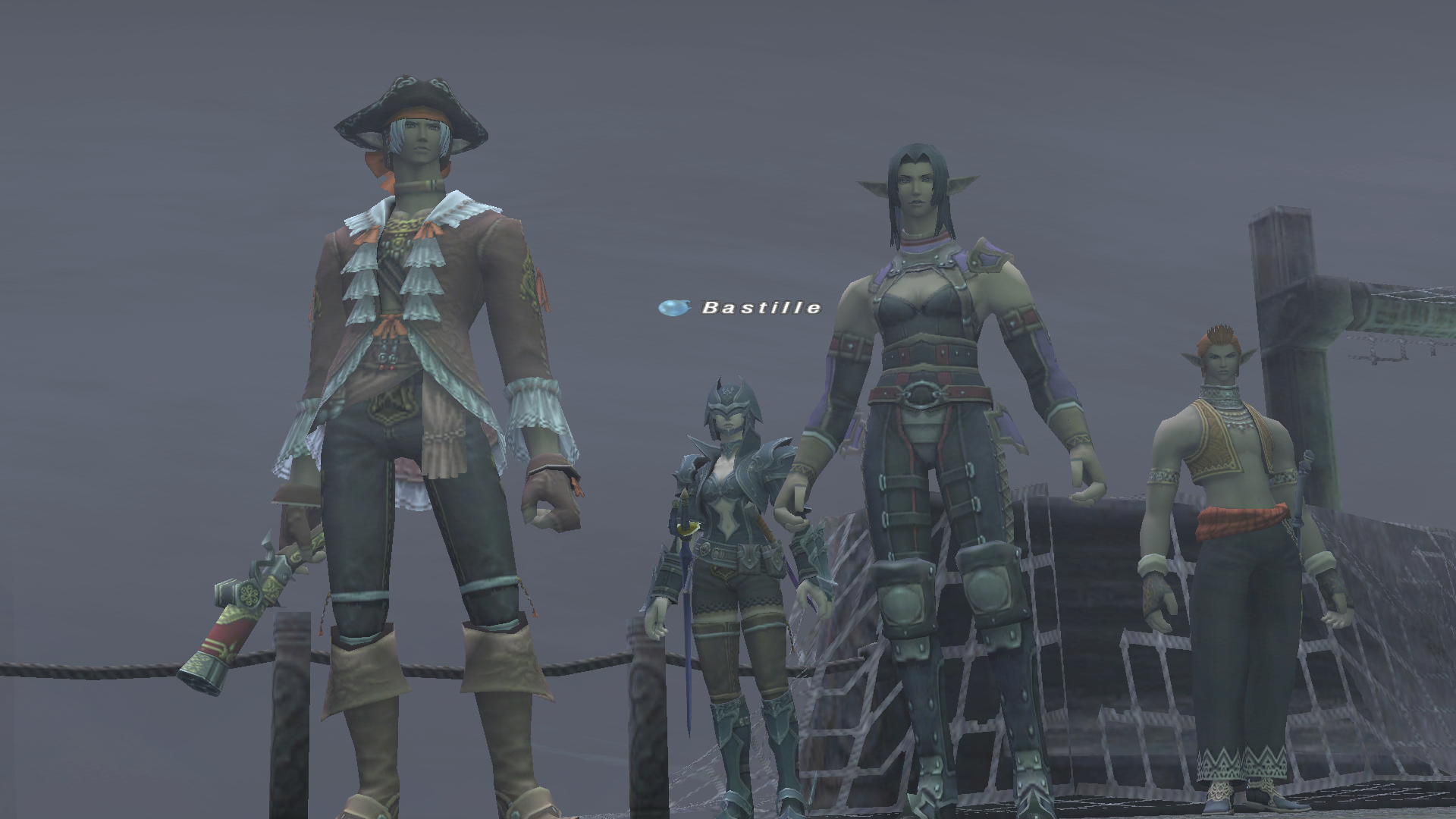
Massively singleplayer?
Alter Egos
Looking back, I think my worst times in FF11 were due to real people. MMO players know what I mean; the internet can bring out the best or worst in people, but I’m talking about people who quit immediately after they get their level. Or people who are just crappy to others.
When FF11 started slowly adding in NPC allies that you could party up with, I was ecstatic. I could finally solo through this MMO, which seems counterintuitive, but that’s how I like to play when possible. Even if I can’t really solo the hardest 20 percent of the game, 80 percent of drama-free soloing is good enough for me. Sometimes I just want to play without the headache and expectation that comes from dealing with real people.
The first AI allies (called ‘Adventuring Fellows’) you could summon required a special accessory unlocked via a specific quest. These NPCs weren’t very hardy and could only be used about once a day. Square later added the allies called ‘Trusts’ which had unique tendencies, techniques and abilities, were a lot tougher, much more powerful, and could be treated like almost any other human character. They could do skillchains and magic bursts, too. Most even had text macros to announce a special attack or move, making them feel like real players. I'm now much happier to play FF11 as a singleplayer game.
But, of course, I'm always playing online—it's still an MMO, even if I prefer to play it solo. And its servers won't last forever. After so many years of development put into making FF11 playable without a group, could it ever be reborn as an offline single player game?
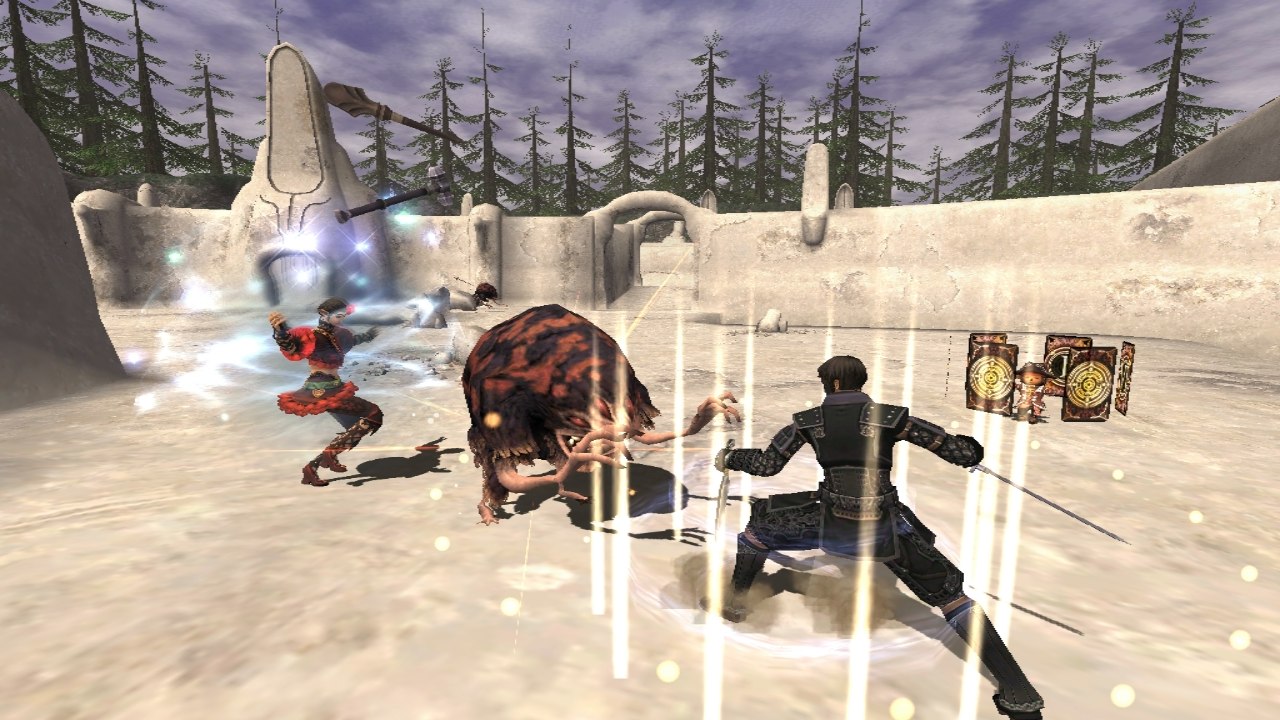
When thinking about the 'FF11 experience,' [we] believe the existence of other players and a community plays a much bigger role than we may think.
Yoji Fujito
"We get asked this pretty frequently, actually," Fujito said. “And we understand, we get where people are coming from with that. But we believe that a big part of FF11 is the communication between the players... We feel that the game is the platform, the fertile soil on which we grow these relationships and communications. Even if we were to build an offline version of the game and people might feel, 'Oh it feels very much like FF11,' we anticipate a sense of 'There’s something missing from this.' Something’s off.'"
But how much of that communication is there today on the more sparsely populated servers? A lot of the in-game parties I see are actually solo players multi-boxing, aka subscribing to multiple accounts, and auto-following their main character around and using real characters (as opposed to NPC Trusts) to perform like a full party, even in endgame content. Surely that experience would largely translate over to a single-player game.
Matsui and Fujito chimed in together in response to this. "Truth be told, creating an offline, single-player version of FF11 is something that is very appealing to us on the development staff as well! Just like the players, the development team feels it would be a shame that the creations we poured our hearts and souls into for so long would eventually disappear and not be accessible at all."
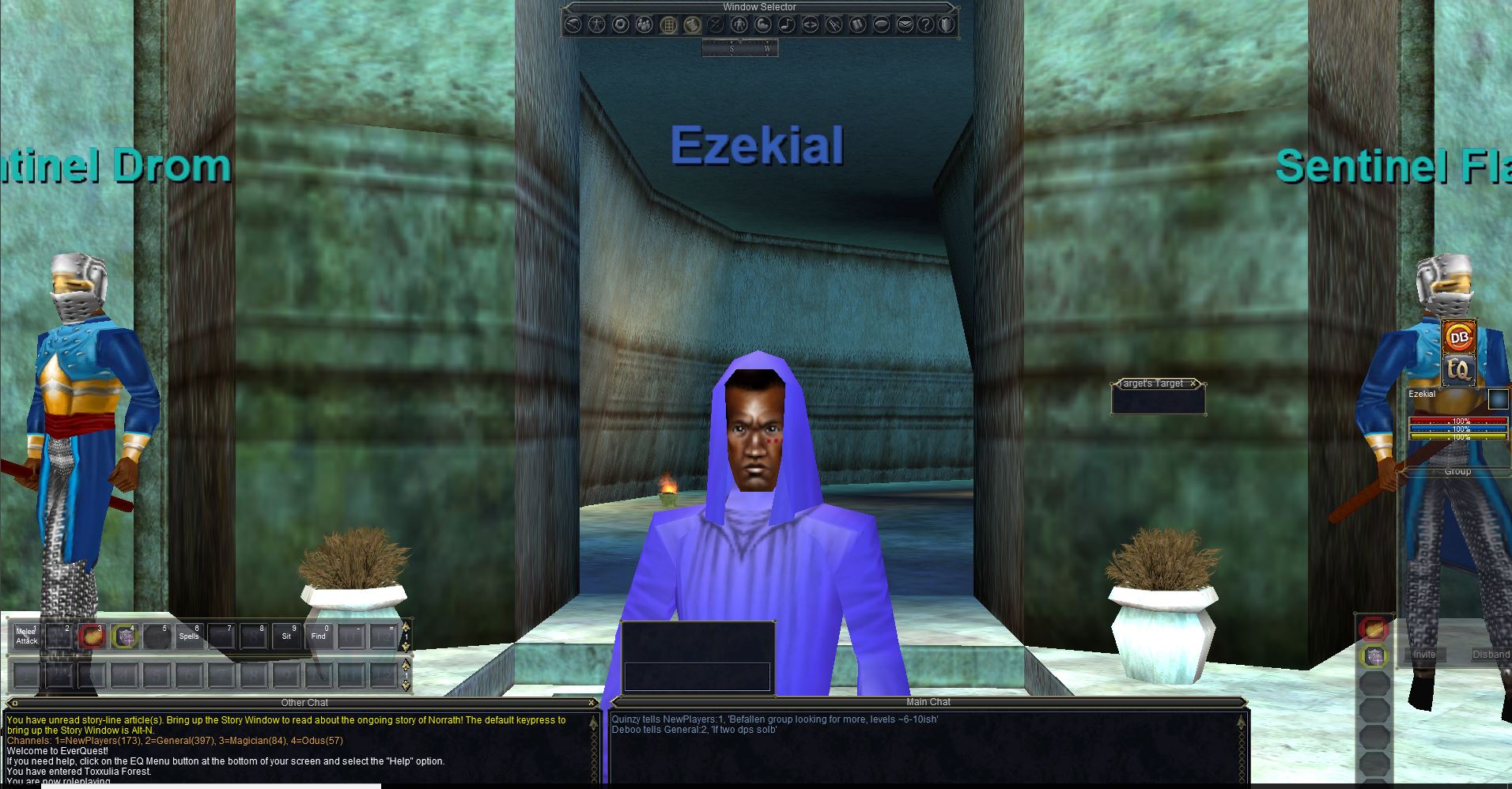
As the first cross-platform and cross-region MMO ever, Final Fantasy 11's place in gaming history is incredibly important. But it's not the only MMO worth remembering. Check out our brief history of MMOs to learn about the other big games that helped shape the genre.
"Unfortunately, when we think about it from a logistical standpoint, it’s not as simple as just running our current FF11 data and program source through a conversion tool to create this experience. I’m confident it would likely require a development team big enough for a single, large-scale project of the current generation. As a single player experience, there would be parts of the game that simply could not be recreated faithfully from the original, and even for parts we can recreate, there would be debate on whether we should faithfully recreate it, or whether we should change it up into something more current. More than anything, when thinking about the 'FF11 experience,' [we] believe the existence of other players and a community plays a much bigger role than we may think."
Personally I feel like this point may be exaggerated, but the developers have a broader view of what makes FF11 work than I do.
"When we are working on content updates, we utilize a limited, single-player environment for debugging," Fujito said. "But we all agree that there is this feeling that something is 'off' when we’re using that version of the game, and it almost feels like a lifeless world where time has stopped. How to fill that emptiness will be a difficult task.”
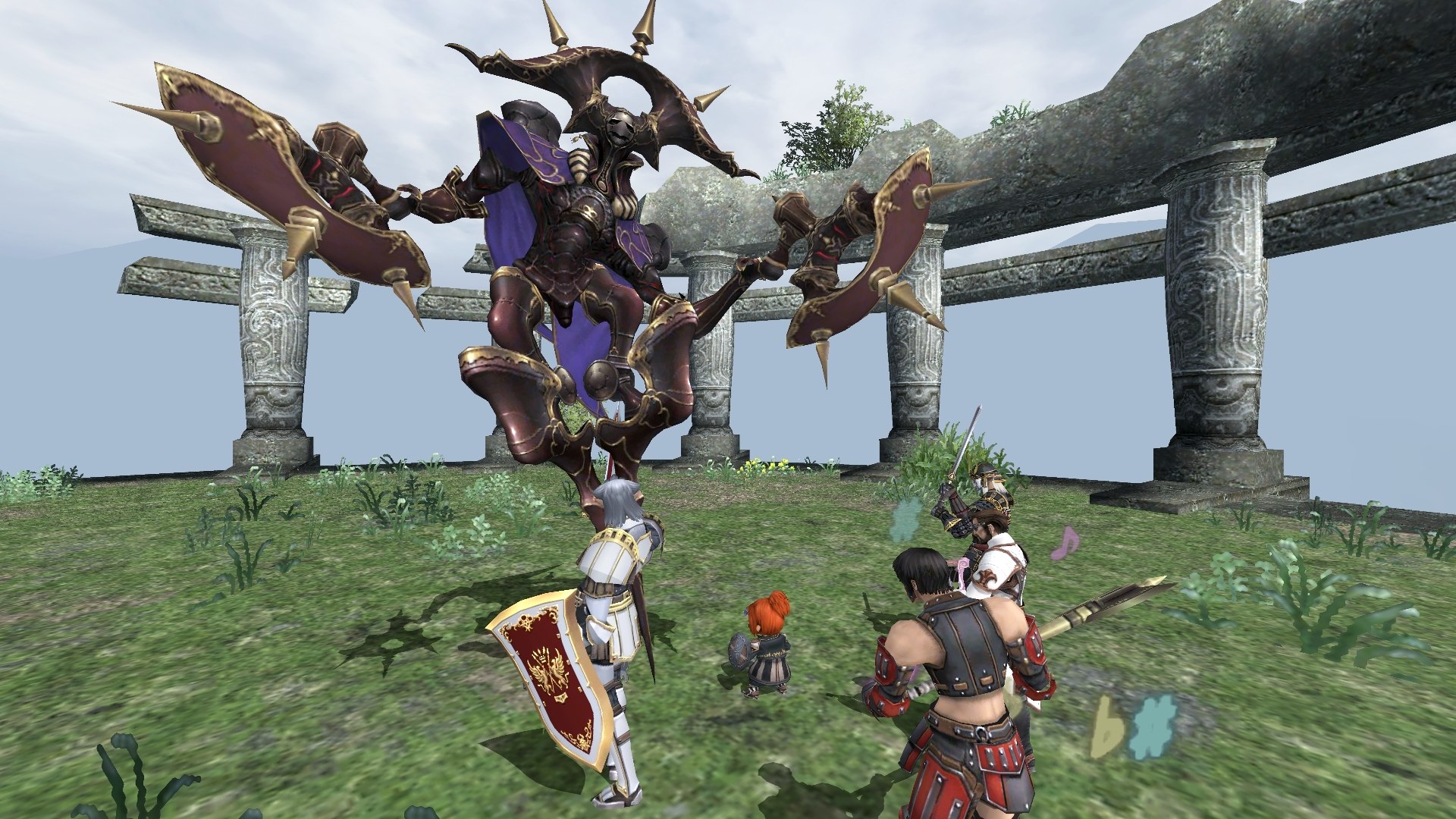
Fortunately, this doesn't mean a singleplayer version is out of the question. "As you can see, there are various issues that we would need to overcome," Fujito said. "However, an offline singleplayer version of the game is definitely an appealing proposal. If we can find a happy medium that is not only satisfactory and meaningful for us as creators, but more importantly something that would be appealing to the players, then we would like to take on that challenge.”
Another thing I wondered, having played both FF11 and FF14—including the quickly-abandoned first pass of FF14—for substantial periods of time, was whether FF11 was expected to die after FF14 came out, and whether the team was surprised that FF11 more or less stuck around. Since FF11 did survive in the wake of Square Enix’s more advanced MMO successor, were they unprepared for the unexpected task of having to keep it running?
"We never expected players to choose between FF11 and FF14, but from the beginning [we] did expect FF11 players to move over to FF14” Matsui said. "FF11 was launched on the PlayStation 2, and similar to how consoles inevitably pass the torch to next-gen consoles, we thought FF11 would also be passing the torch to FF14 in a way. As for the players who have continued playing FF11 for a very long time, we can’t thank them enough. It’s because of everyone’s support that we’ve been able to continue operations and will be able to do so moving forward."

One thing I miss from [the level 75 era) /is the intense competition of HNM camps. The thrill of claiming a Nidhogg is something I can’t replicate in today’s game. I miss the intensity of HNM competition and the struggle for gear at 75. The long lockouts, abysmal drop rates, and required LS coordination meant that gearing up a job to a BiS position meant you had committed hundreds and hundreds of hours to it. And that really meant something. — Cronin from Asura
The 20th anniversary
Return To Vana’diel
I believe more than anyone else in FF11’s potential as well as its future.
Yoji Fujito
Matsui and Fujito have worked on the FF11 team for a long time. But they're hardly stuck there. Matsui actually worked on Final Fantasy 14, redesigning the battle system for the Realm Reborn launch. He later came back to FF11 out of personal attachment—in the early 2000s, the challenges of working on an MMO, then a "new frontier," had reinvigorated his career.
“As I’ve been deeply involved in FF11’s game design and development, I feel a strong sense of responsibility for FF11, including things I reflect back on as inexperienced decisions," he said. "Since I’ve been so involved in this title, I believe more than anyone else in FF11’s potential as well as its future.”
Fujito's answer for why he's spent nearly two decades devoted to the same game is somehow both more blunt and more romantic. “I’ve had a strong desire of simply wanting to see FF11 through all the way to the end," he said.
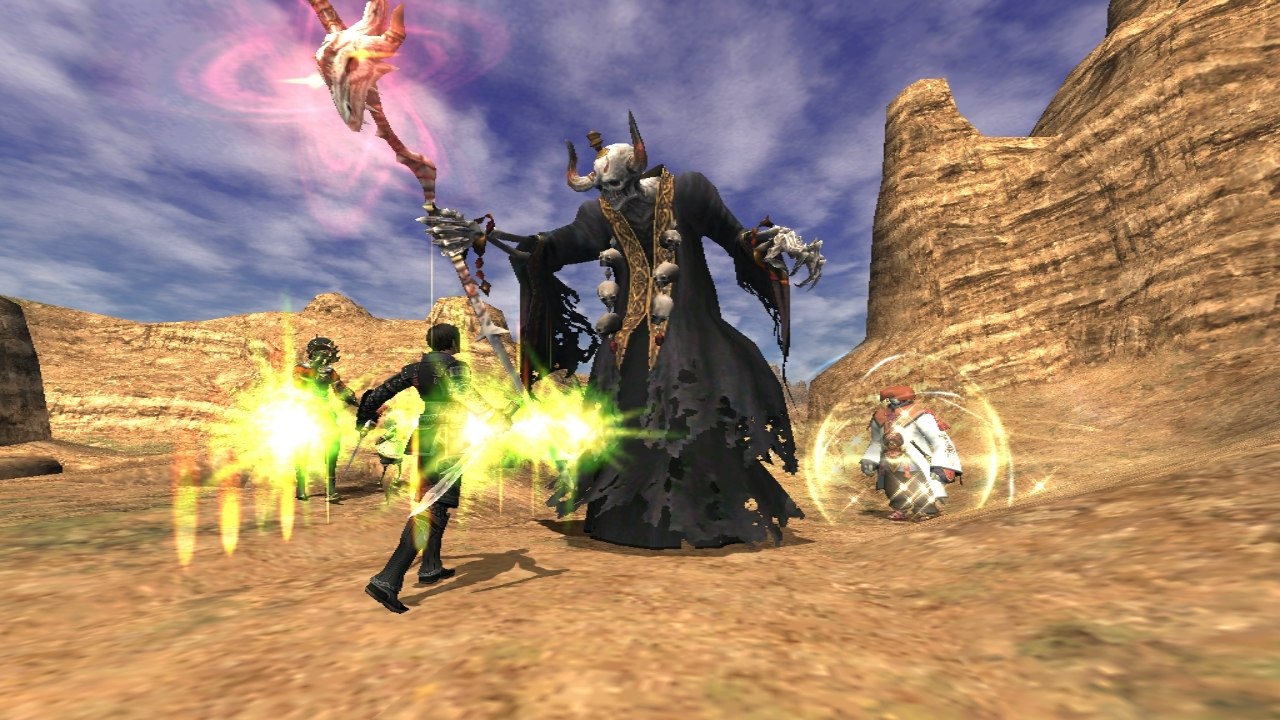
"I’ve often mentioned that FF11 is a game of which the development team only created 30% of what exists, and the remaining 70% is created by the players. With that in mind, I will continue my observations from the standpoint as a developer of FF11 who hopes to see how people will continue their FF11 experience, react to the game itself, and express themselves as they are impacted by the game in any way, small or large.”
I should probably reiterate that FF11 is not shutting down, at least not now, and the team has made no mention of when it might—but it’s refreshingly honest to hear two men discuss the game as if they were caring for a loved one, and wanting to see what it grows up to be. They still have their sights set on the future: specifically the 20th anniversary, coming next May.
There are no specific plans for after that big celebration, but that doesn't mean it will mark the end. "We’ll do our best to continue operations as long as there are people who are still playing FF11," Matsui said.
After all the years I've put into Final Fantasy 11, I've often thought about how I'd want to say goodbye when the time finally comes and the servers shut down. If I can't take the game with me offline, to have Valkurm Dunes to myself or to camp King Behemoth whenever I want, I'd like the ability to outfit my character in my very best gear and download a 3D-printable file to make a statue out of. Anything to commemorate my time in Vana’diel, like detailed lifetime stats (distance traveled on foot, detailed breakdown of how many mandragoras I’ve defeated, how much time I’ve idled, etc.).
To my surprise, Matsui and Fujito didn’t respond as if my daydreams are outlandish at all, and it charmed me how much they clearly value the fanbase’s emotional investment.
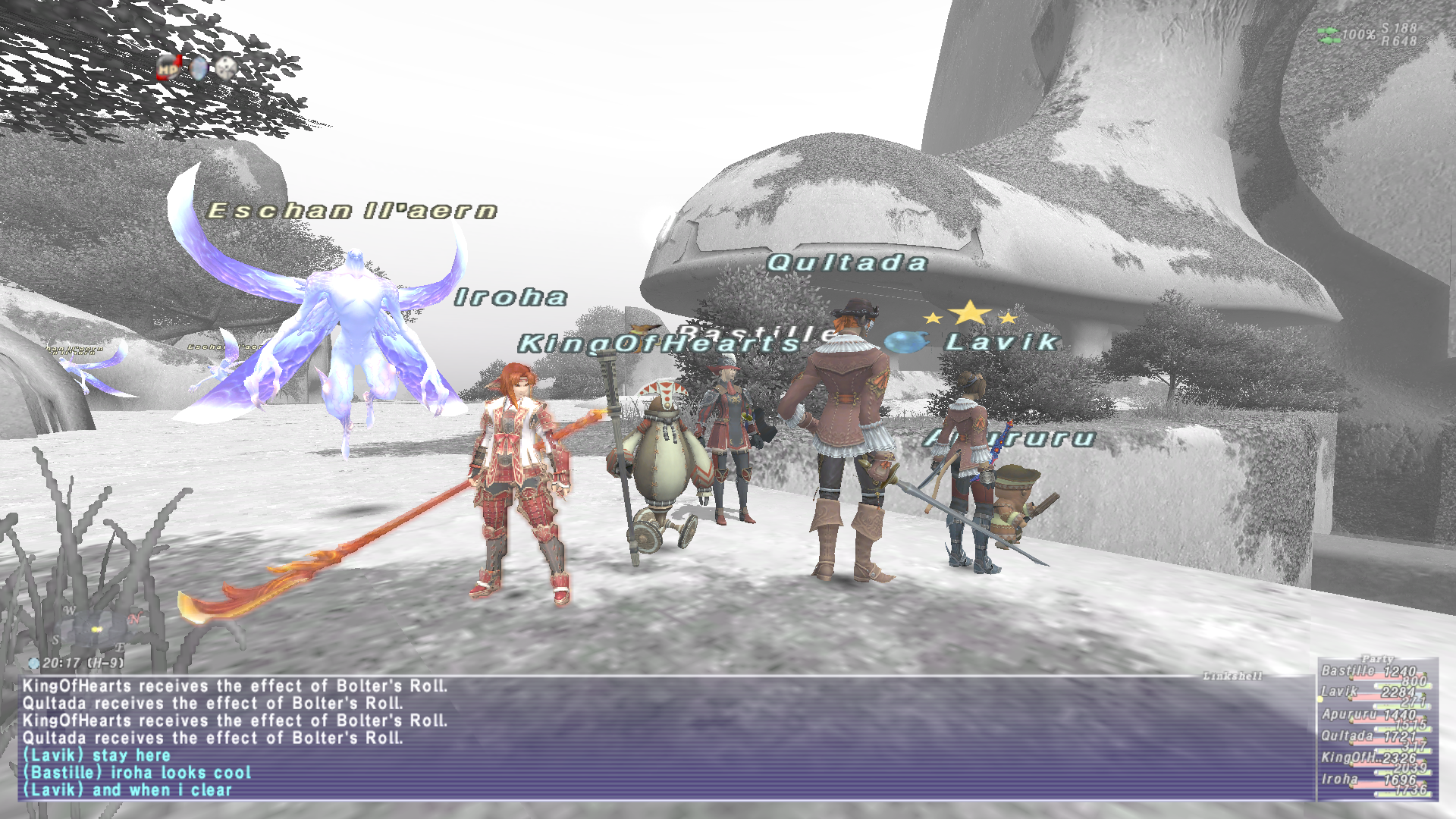
It’s not just nostalgia, though. FF11 is a legitimately great game, warts and all, which is why I would—again—pay good money for a single player version.
“I think that is a very interesting and splendid proposal,” they said, taking turns. “Having some sort of archive that could serve as proof that the game, world, and characters did indeed exist may be able to ease the pain or feeling of loss that you mentioned to a certain degree. Honestly, I feel this would be appealing to players even if we were to do this while we’re still in service.”
As a father of two growing goblins, I don’t have as much time to jump in and play as I once did, but there’s something about FF11 that triggers my nostalgia switch.
It’s not just nostalgia, though. FF11 is a legitimately great game, warts and all, which is why I would—again—pay good money for a single player version. I’ve spent New Year's Eves in-game watching fake fireworks go off, enjoying the festive holiday activities that always resulted in hundreds of people running around getting key items for themed gear rewards.
The best moments happened when FF11 was still hard as nails. Acquiring gear like the Speed Belt (timed spawn, low drop rate) and Kirin’s Osode (tons of prerequisite key items needed) were among the most rewarding experiences I’ve ever had in a video game. My proudest achievement was obtaining my Maat's Cap in the level 75 era before the level cap was raised to 99. Every FF11 veteran knows how difficult this used to be; fighting Ru’Lude Gardens impresario, Maat, in the game’s original 15 jobs to prove your worth.
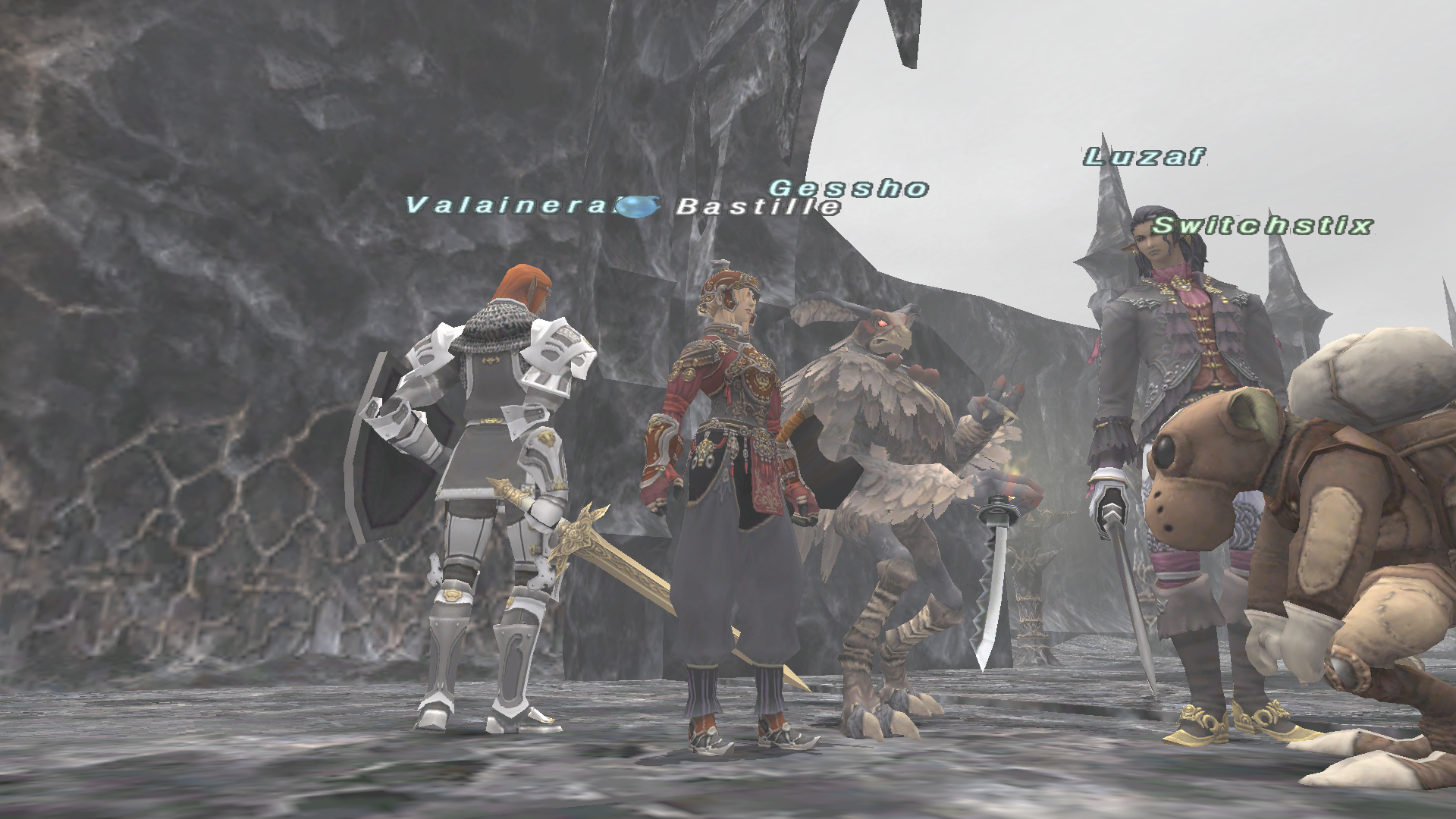
This might be the purest of all of FF11’s quests, because even though the cap’s modest stats were quickly surpassed by other superior gear, it was the ultimate symbol for those truly committed to FF11's challenges and lifestyle. In those early days nothing was given, and everything was earned.
I went back to Vana'diel for this article after almost a decade of retirement. I played for months, hoping to rediscover and articulate on some level what this game has meant to me and so many others. As Matsui and Fujito said, the people ultimately are Final Fantasy 11. They may have caused my worst times (stupid in-game rivalries), but I've also had linkshell friendships survive to this day. One real life friend who lived nearby in San Francisco was our linkshell’s Paladin, and thus was our primary tank throughout our adventures.
When I returned to Final Fantasy 11 last year for what I thought would be my last hurrah, I met the CleanupCrew linkshell, whose members Sheila, Mischa, Matix, Pudd, and Jukiro helped me shake off the rust and power-leveled me through mundane quests and some of the hardest endgame battles. Today's FF11 may be easier, but without the CleanUpCrew I'd have been totally lost. In writing these final passages for this article that's been over a year in the making, I find myself feeling the itch again. Maybe I will return to Vana’diel one more time, with a new appreciation for the team that is watching over me; watching over all of us.

